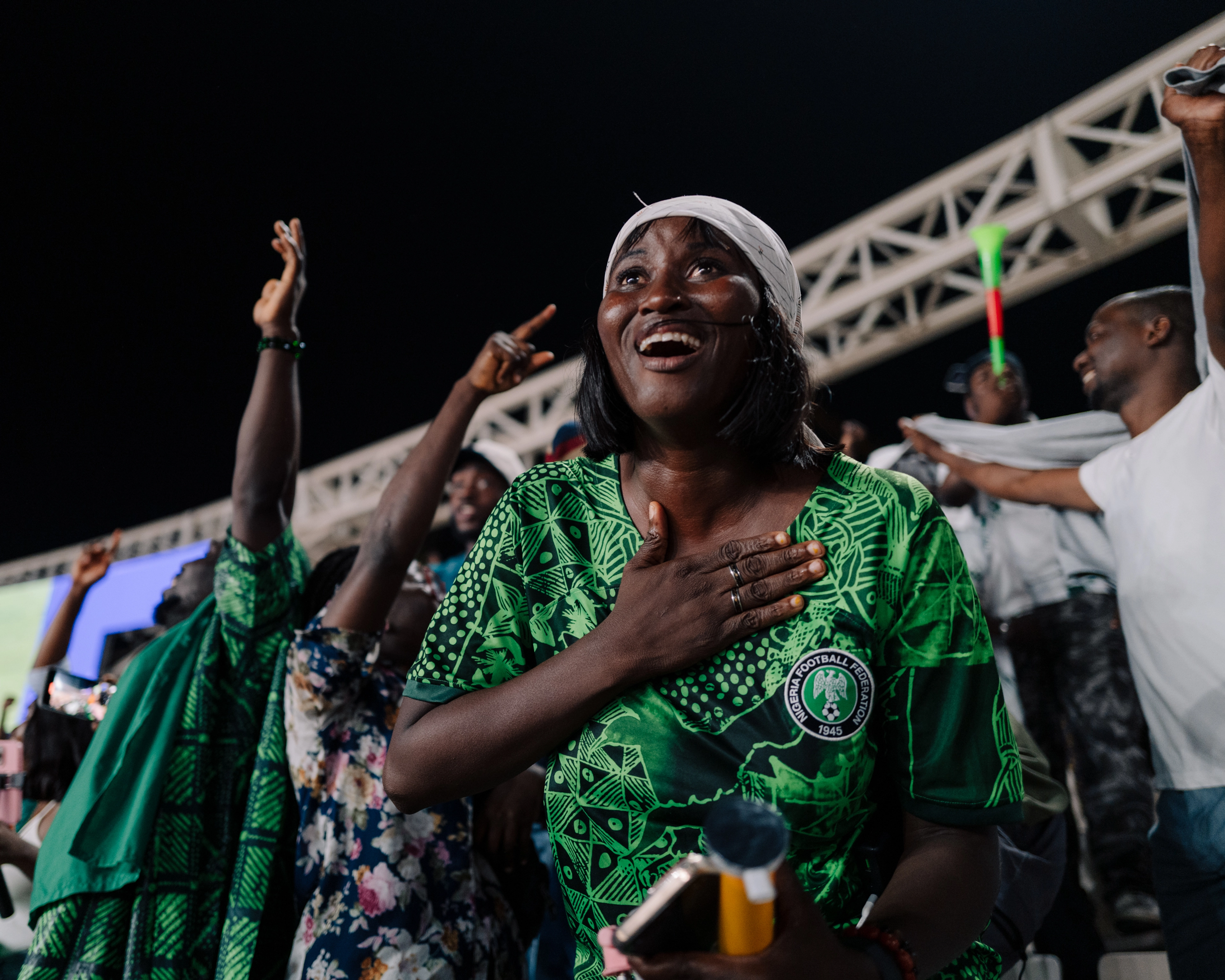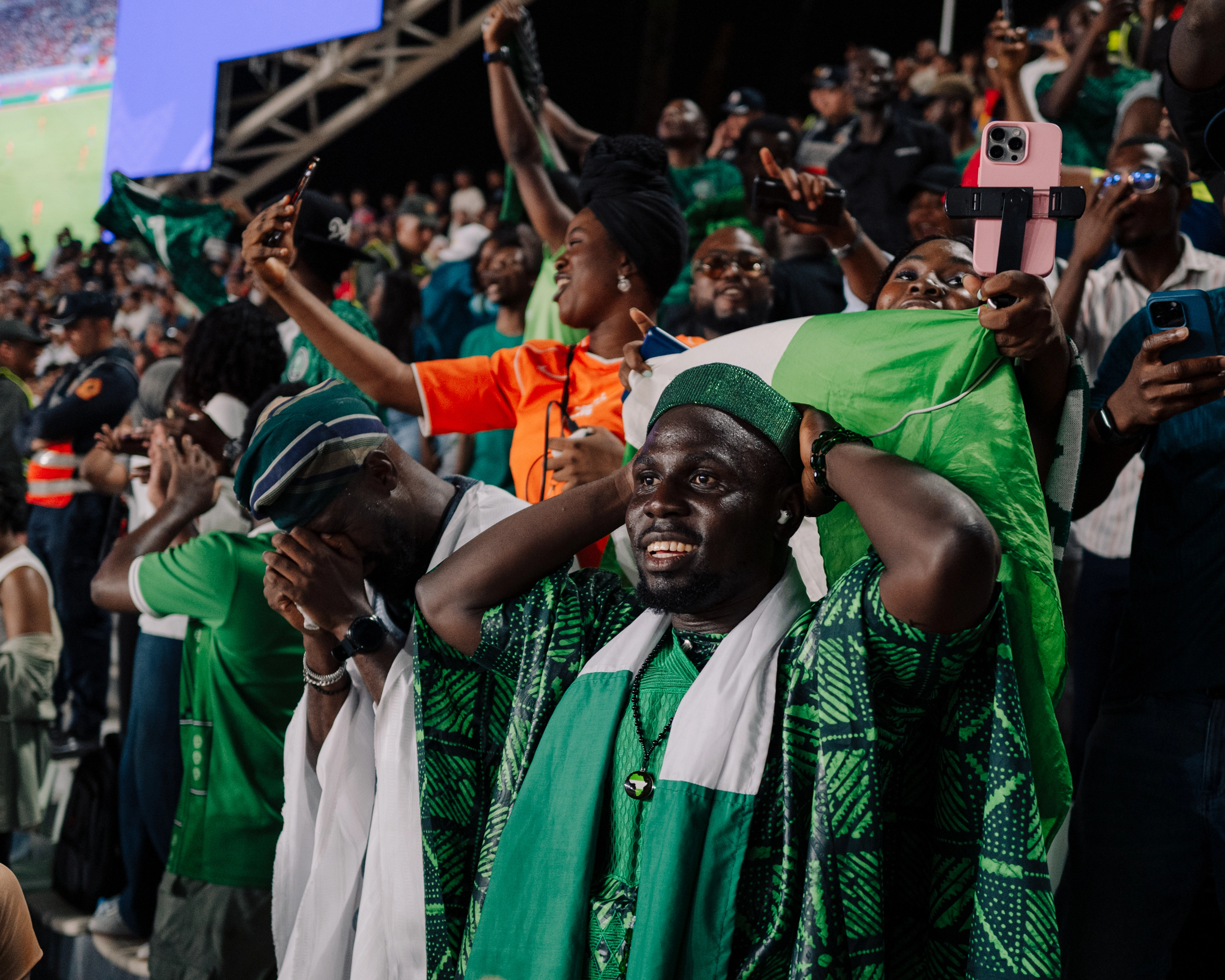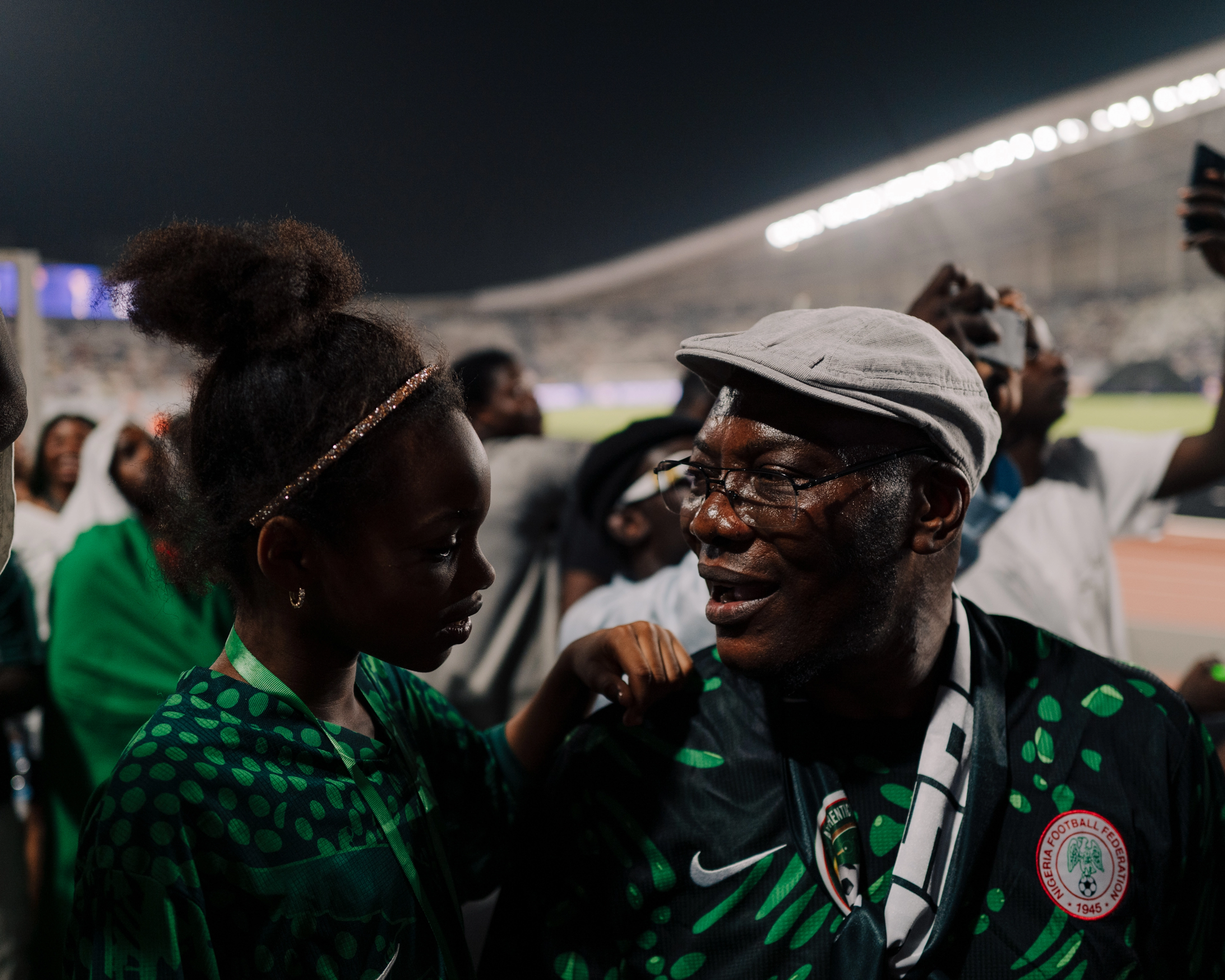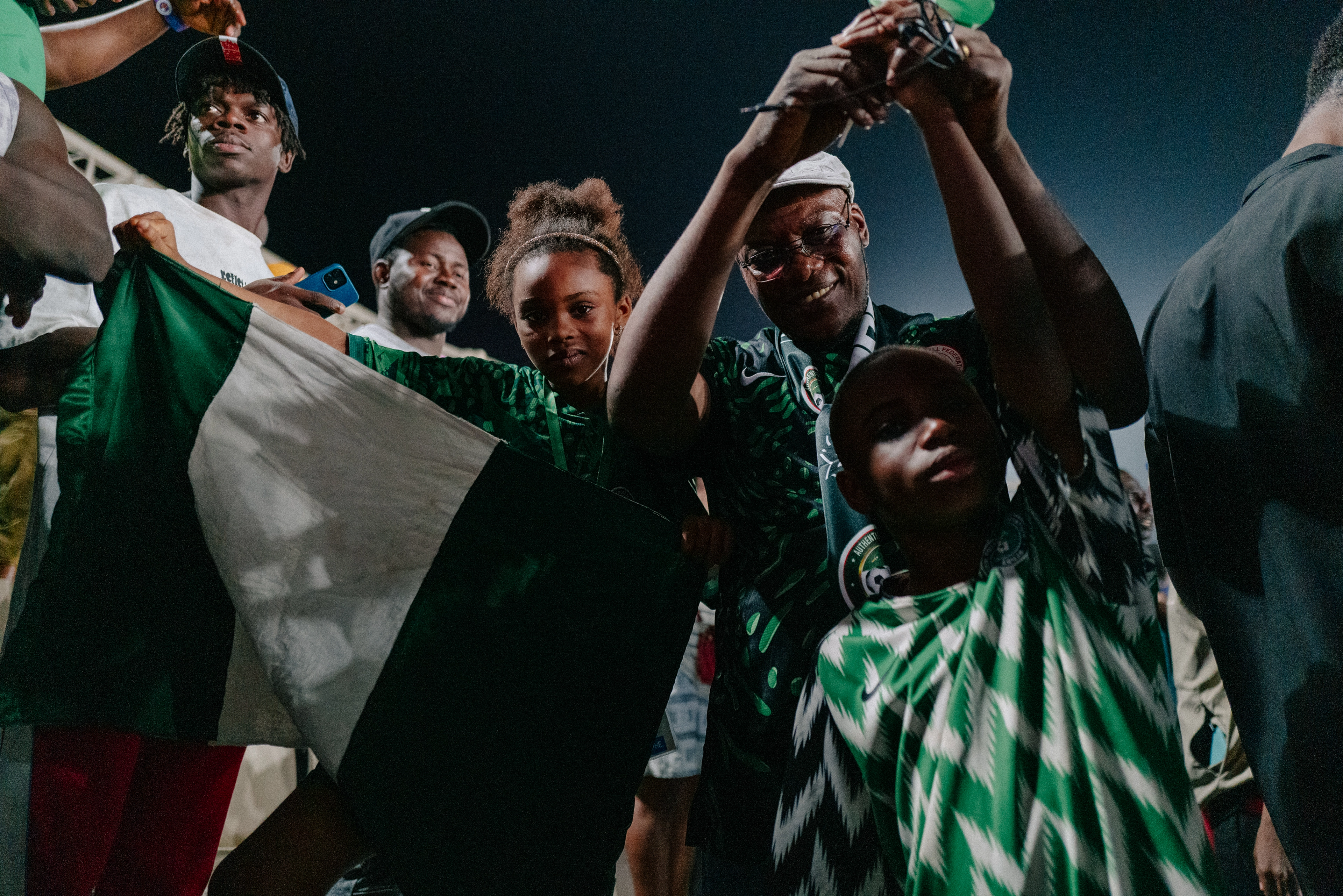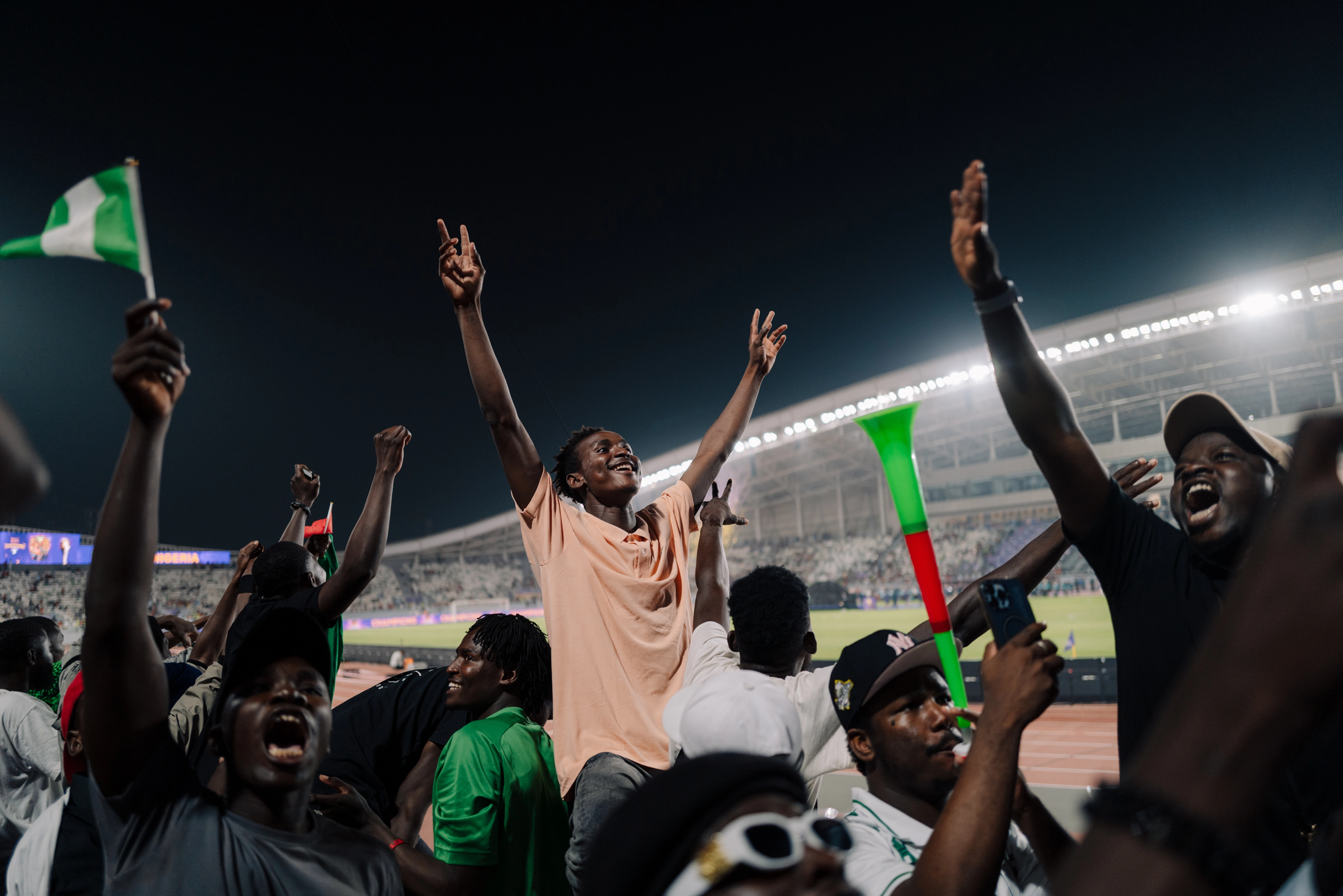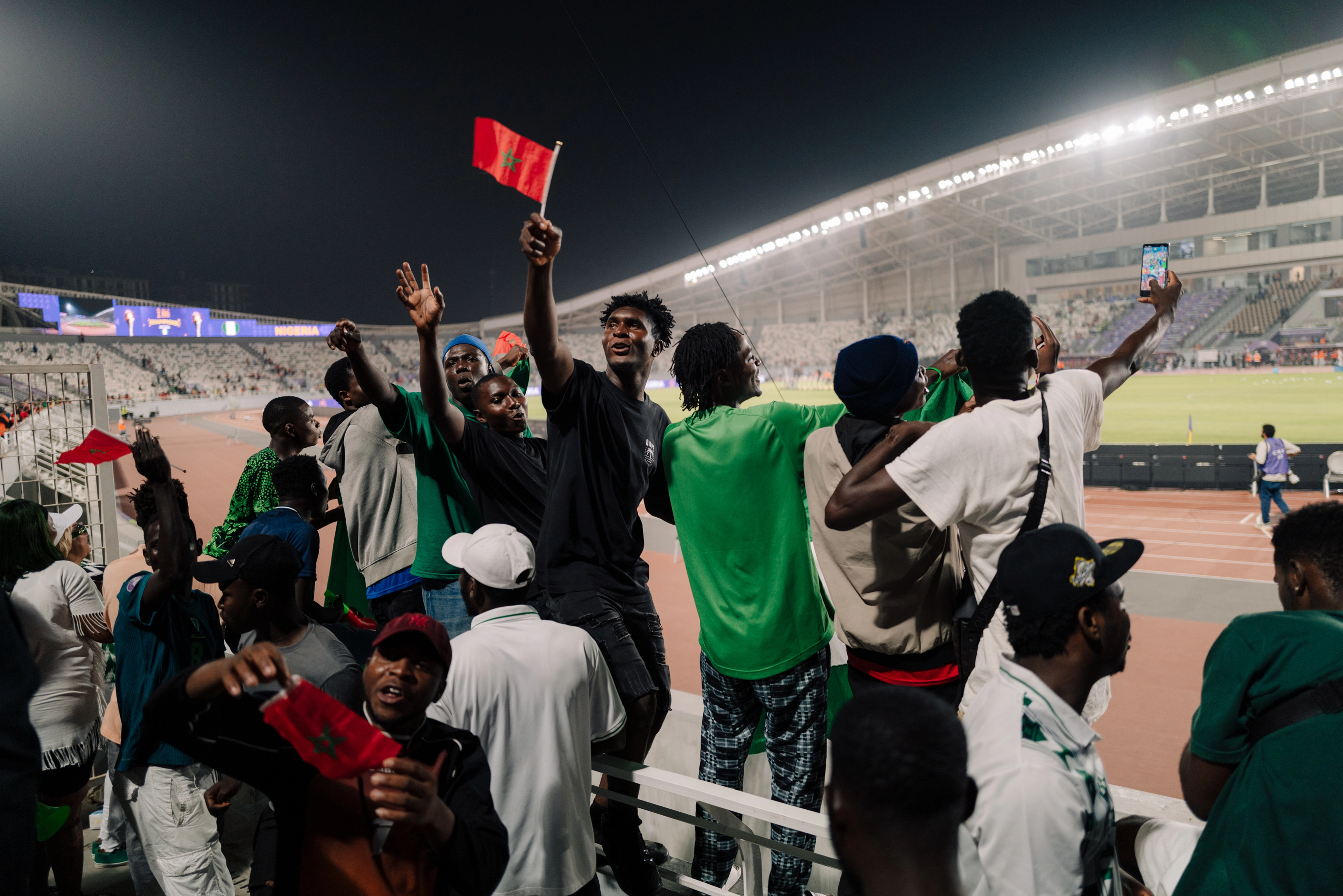This Year’s WAFCON Shows How Football Can Change a Nation
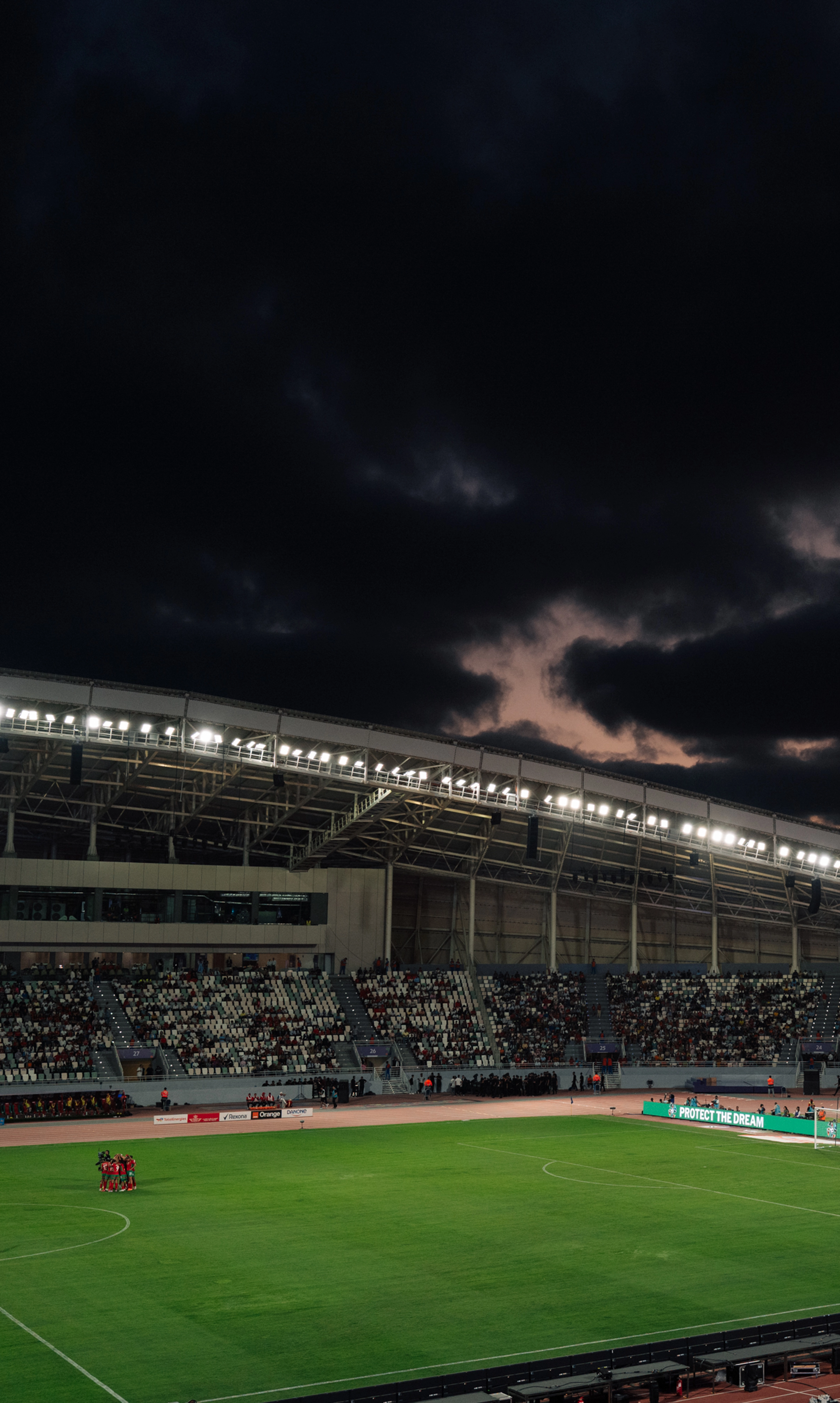
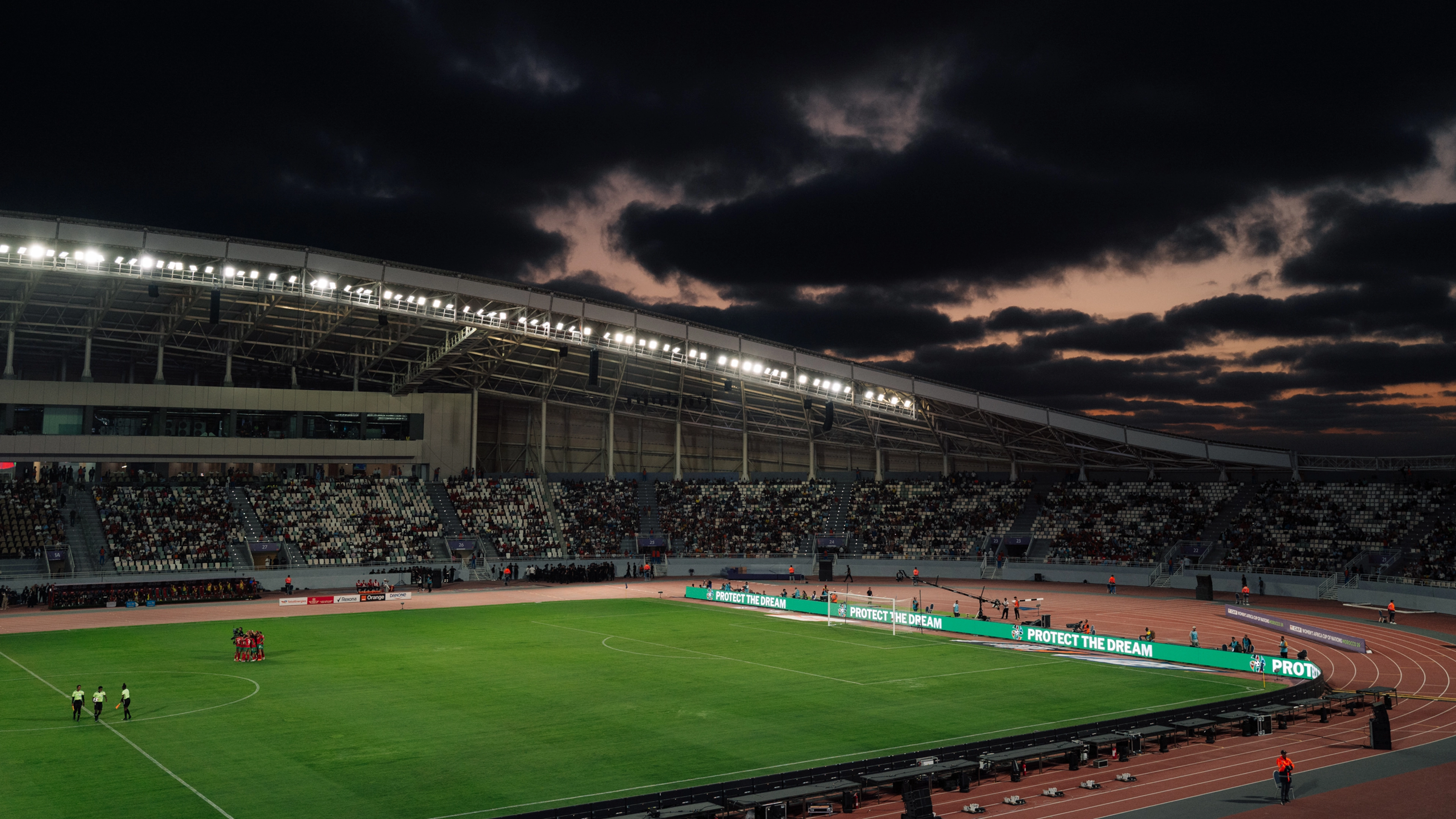
- September 19, 2025
On courts, trails and pitches across the world, you can feel the electric energy of women’s sports, in a way that’s crescendoing like never before. This summer, one of the most palpable expressions of that energy was the Women’s Africa Cup of Nations (WAFCON), where 12 teams from across the continent competed for the crown of Africa’s best footballers.
Radiating from the pitch to the stands to the streets surrounding the stadium and throughout Morocco, where this year’s WAFCON was held, the intensity of football fandom was charged — pure love for the game, and the ways it has woven into the local culture and identity, strengthening bonds across generations and backgrounds.
That communal experience is captured below in “Voices of the Medina,” a project from Nike partner Football Case Study, a nonprofit editorial and photographic platform. Via intimate portraits in images and videos — and as Moroccan life breathes in the background — individuals open up about culture, identity and inherited love for the game and nation. “The goal of the project is to bring the viewer along with us on these late nights and early mornings where we really got to know the community that housed us,” says Matthew David Stith, Football Case Study founder, about the series. “The experience showed us how, despite speaking different languages, football can act as our mother tongue.”
Here, you’ll see and hear honest, heartfelt accounts and reactions from players, fans and football insiders that show what the sport means to the community and nation — and how its energy is sure to only grow.
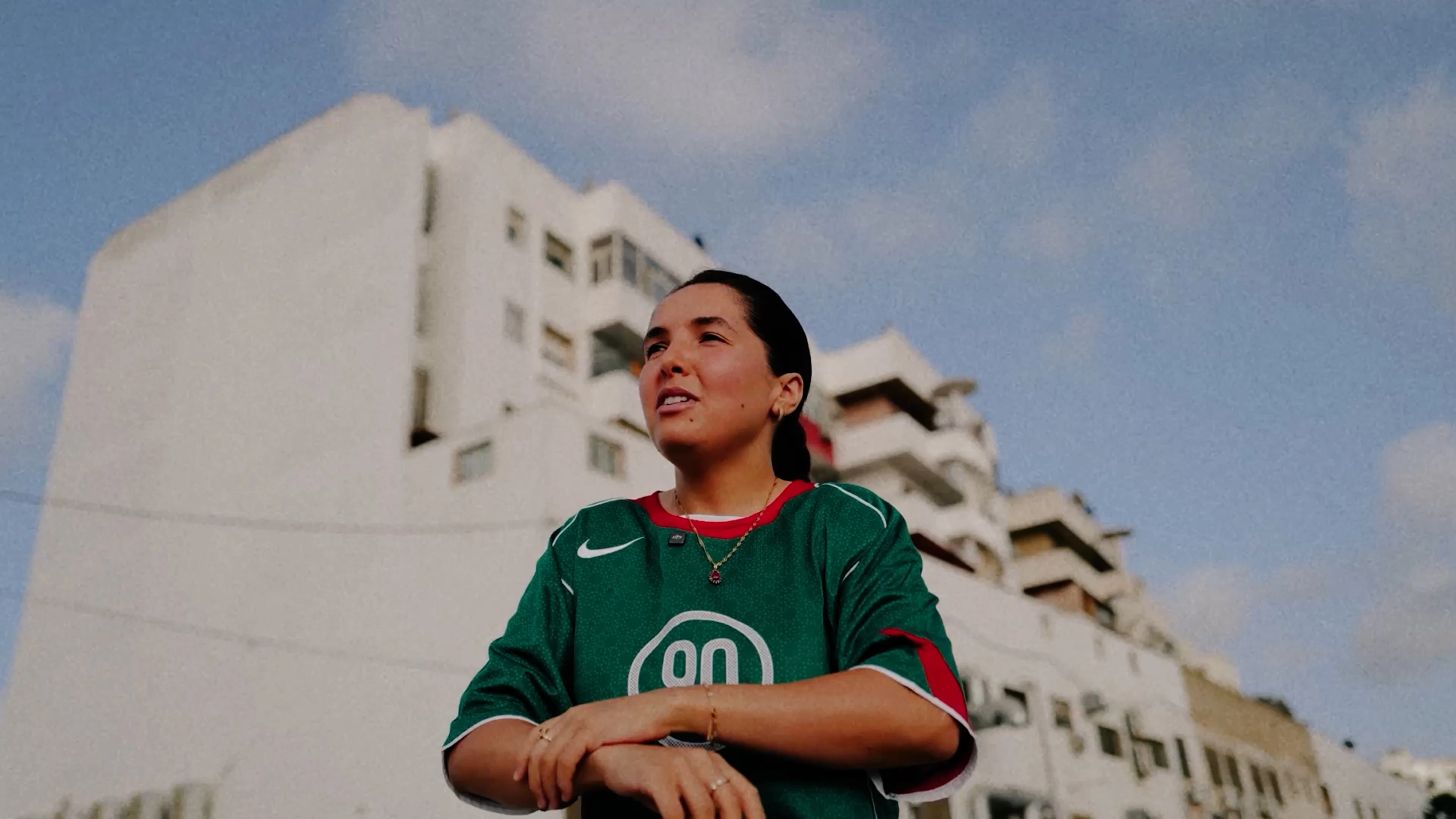
“The first thing I notice when I see football in Morocco is that there's both boys and girls playing."
Jinane, a Moroccan photographer from New Jersey
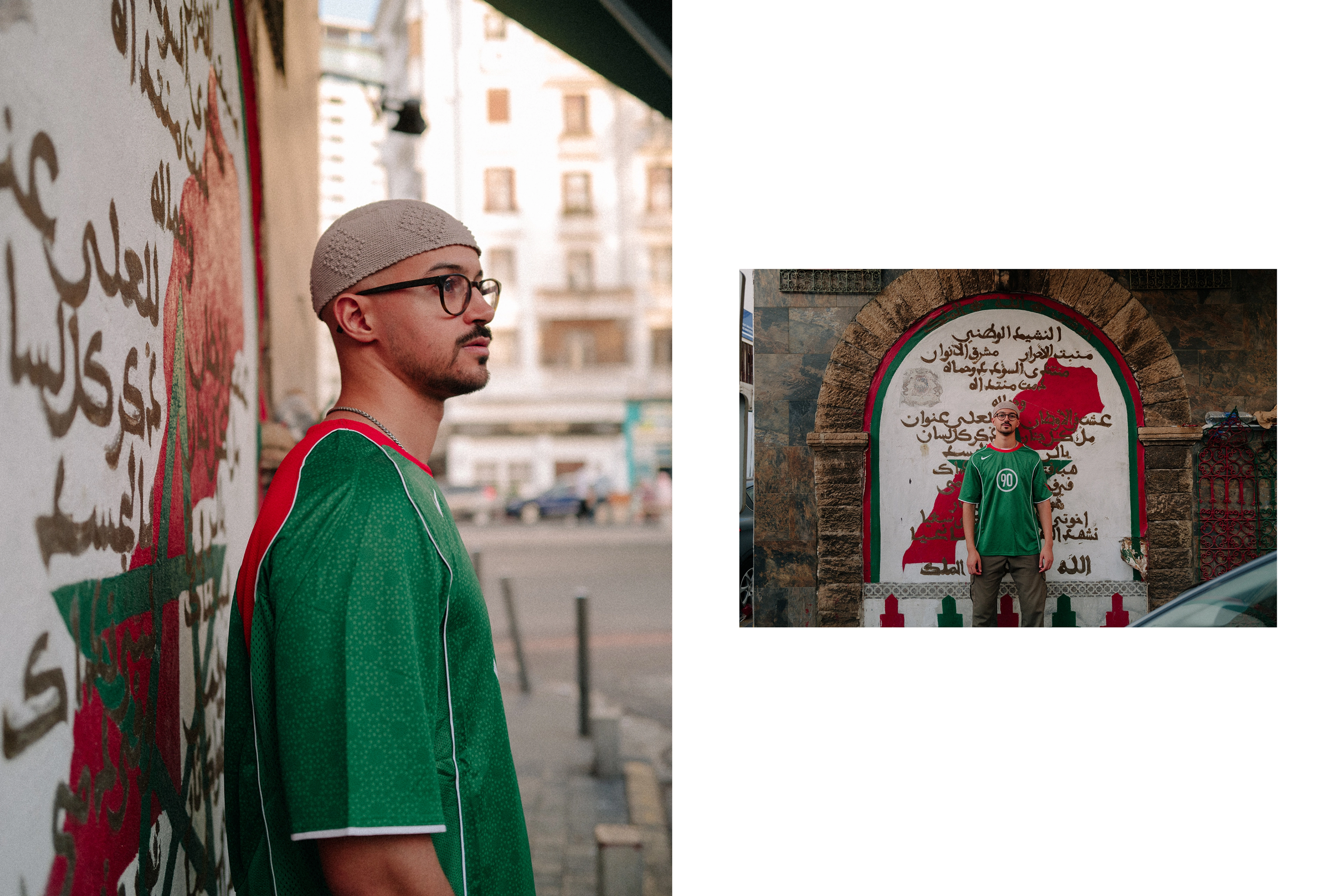
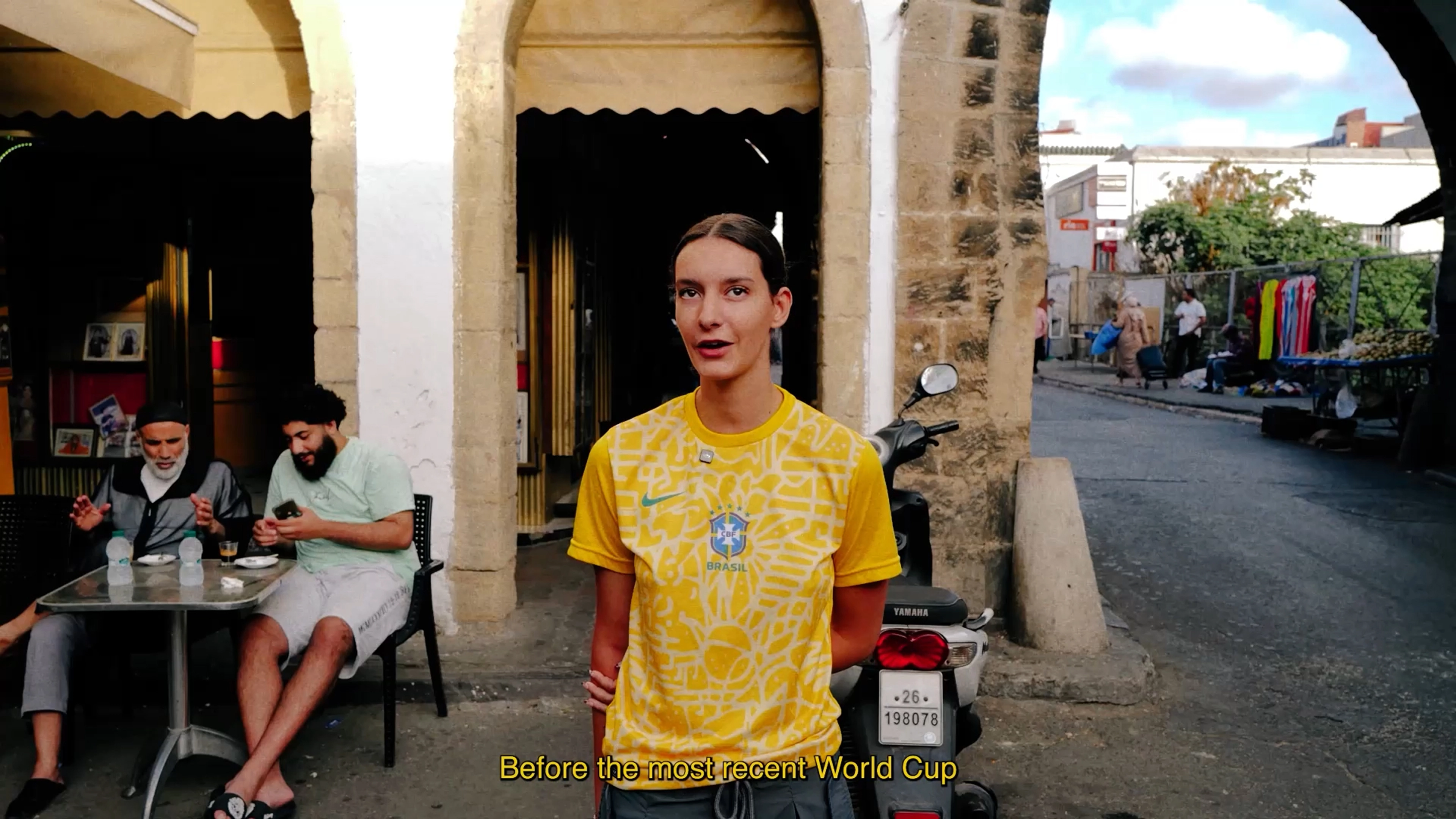
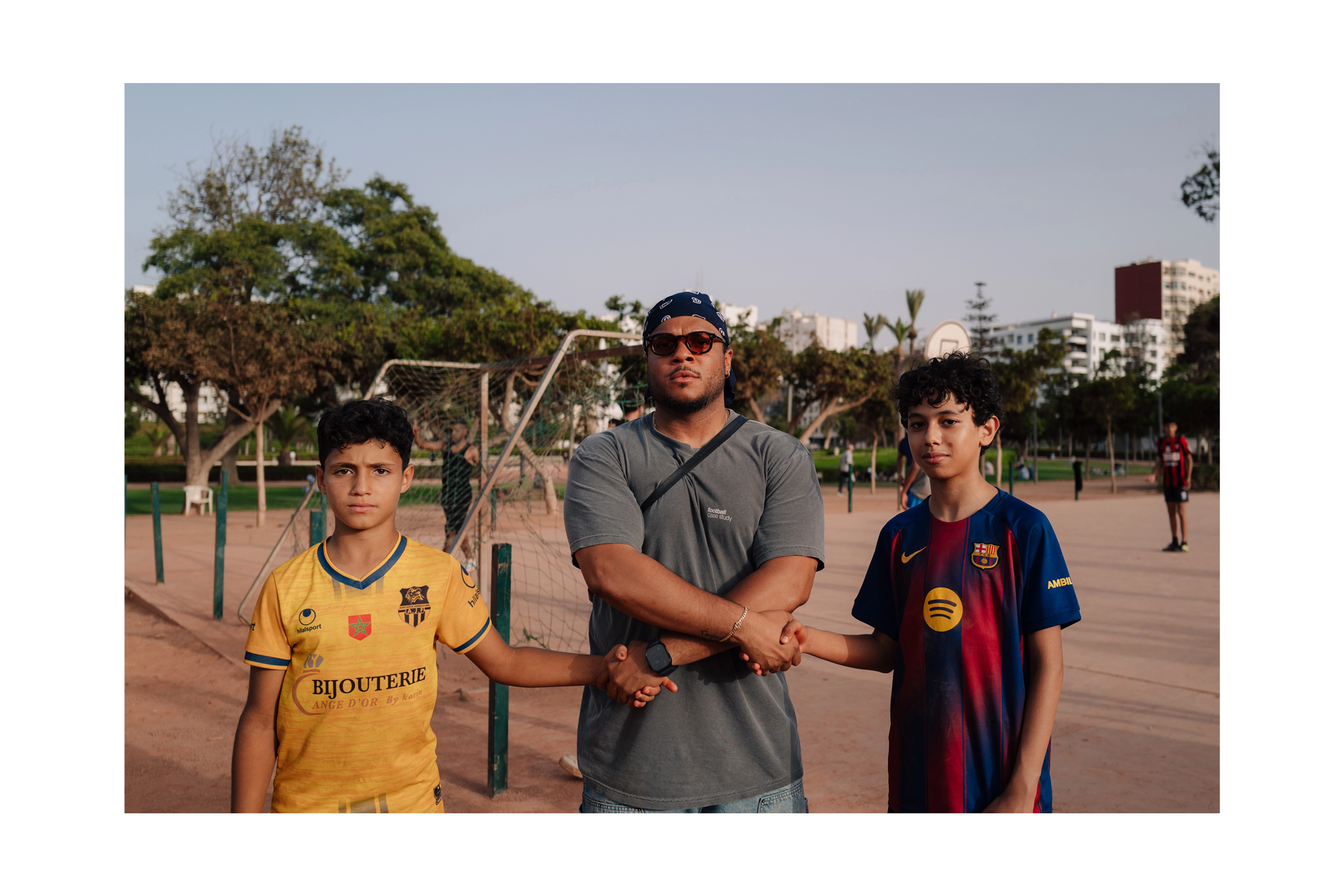
“The aim of 'Voices of the Medina' was to understand the world through football. We spoke with people, who were essentially strangers, at a granular level and discovered what they truly loved.”
Matthew David Stith, Football Case Study founder
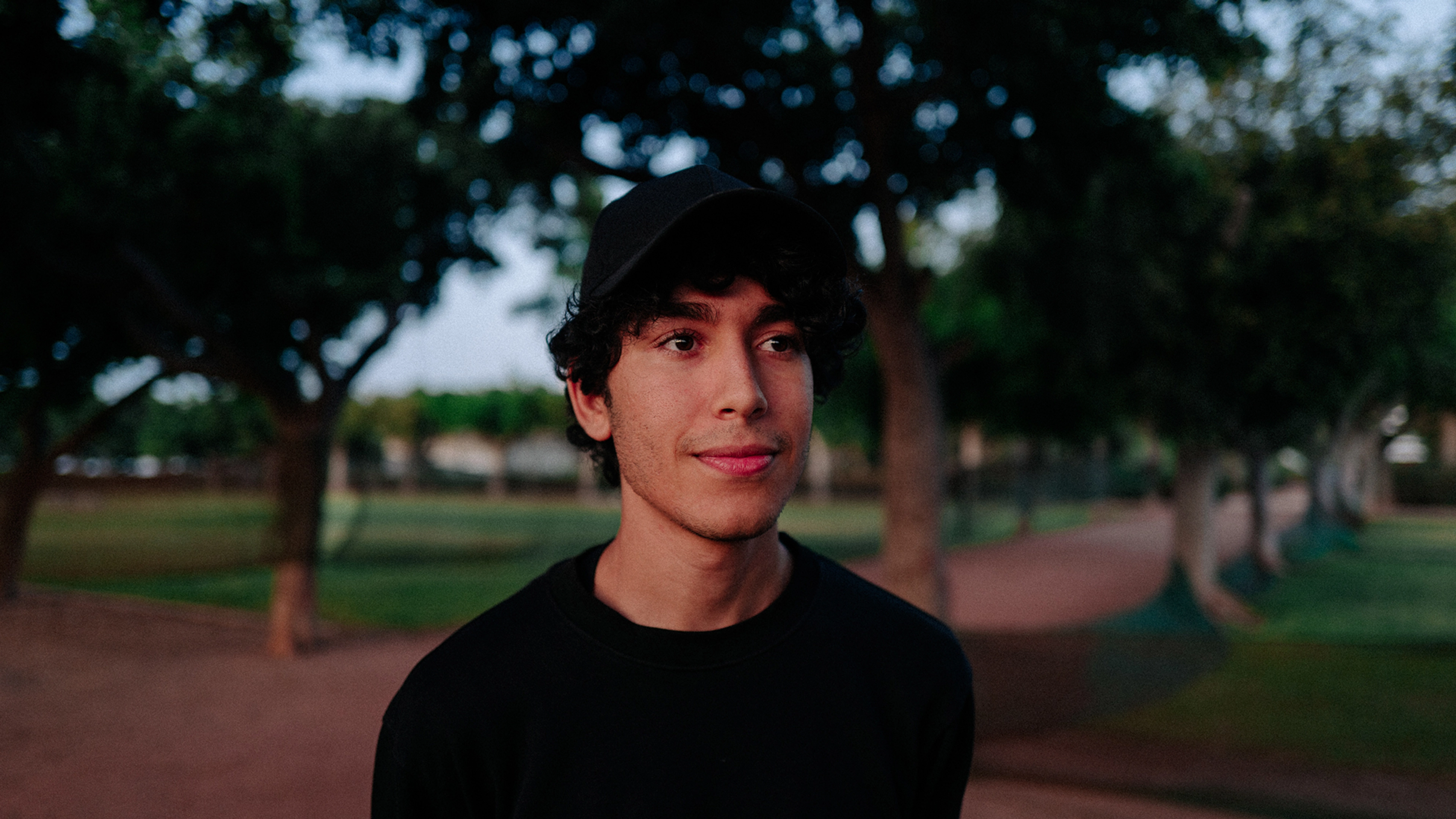
“People play football right before they break their fast so they’re tired, then they can go home and eat and drink and get rest.”
Aziz, a fan from Casablanca, Morocco
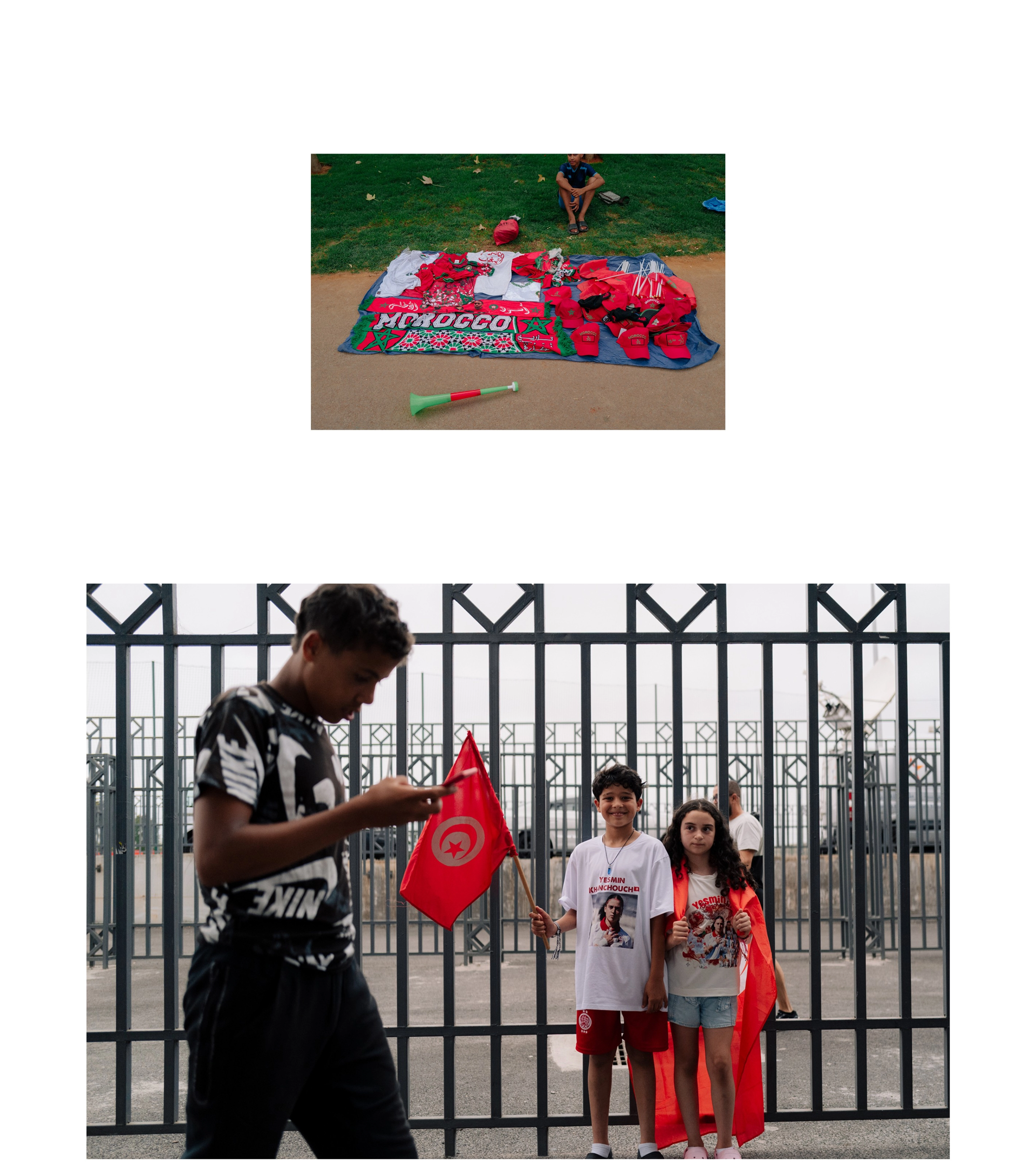
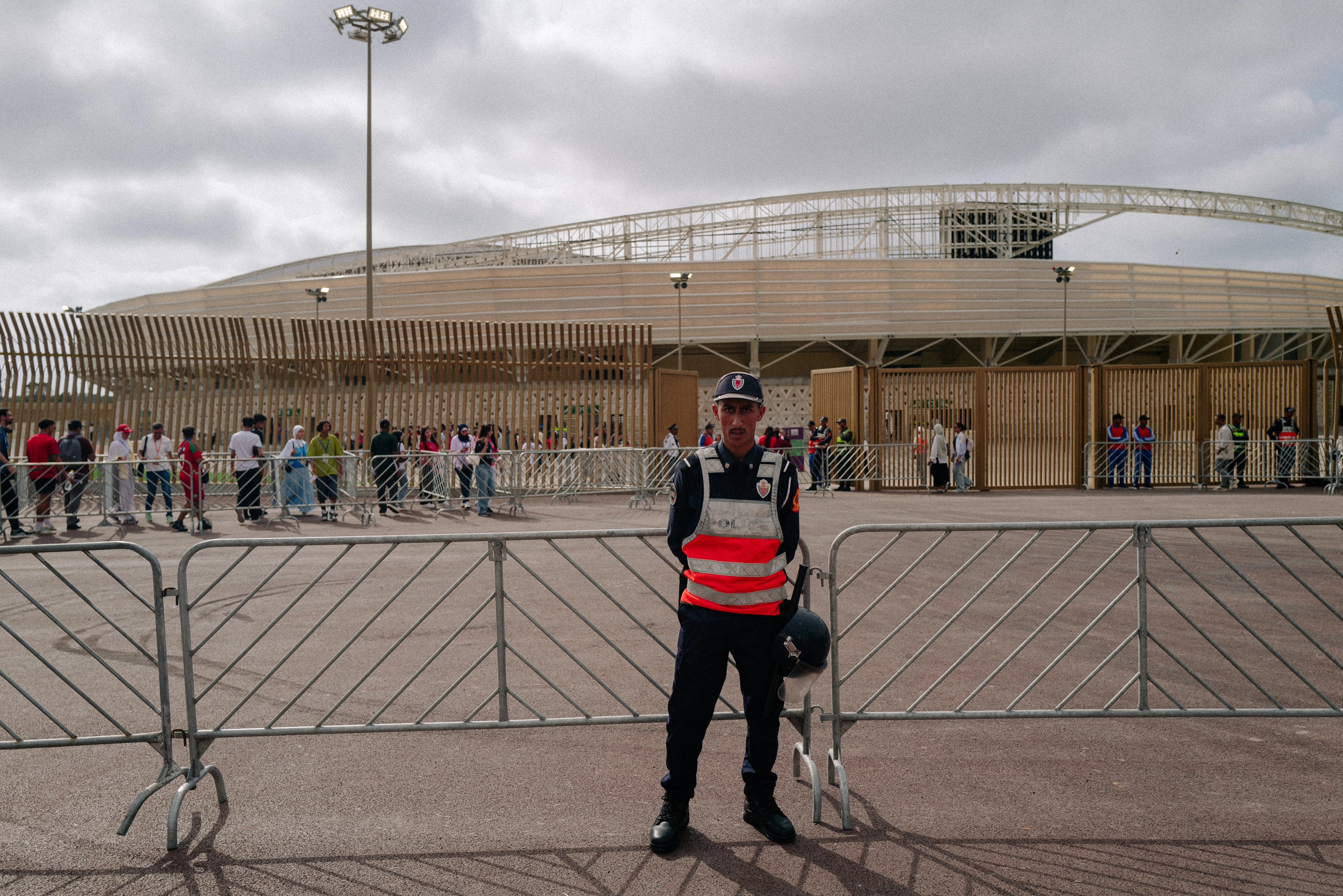
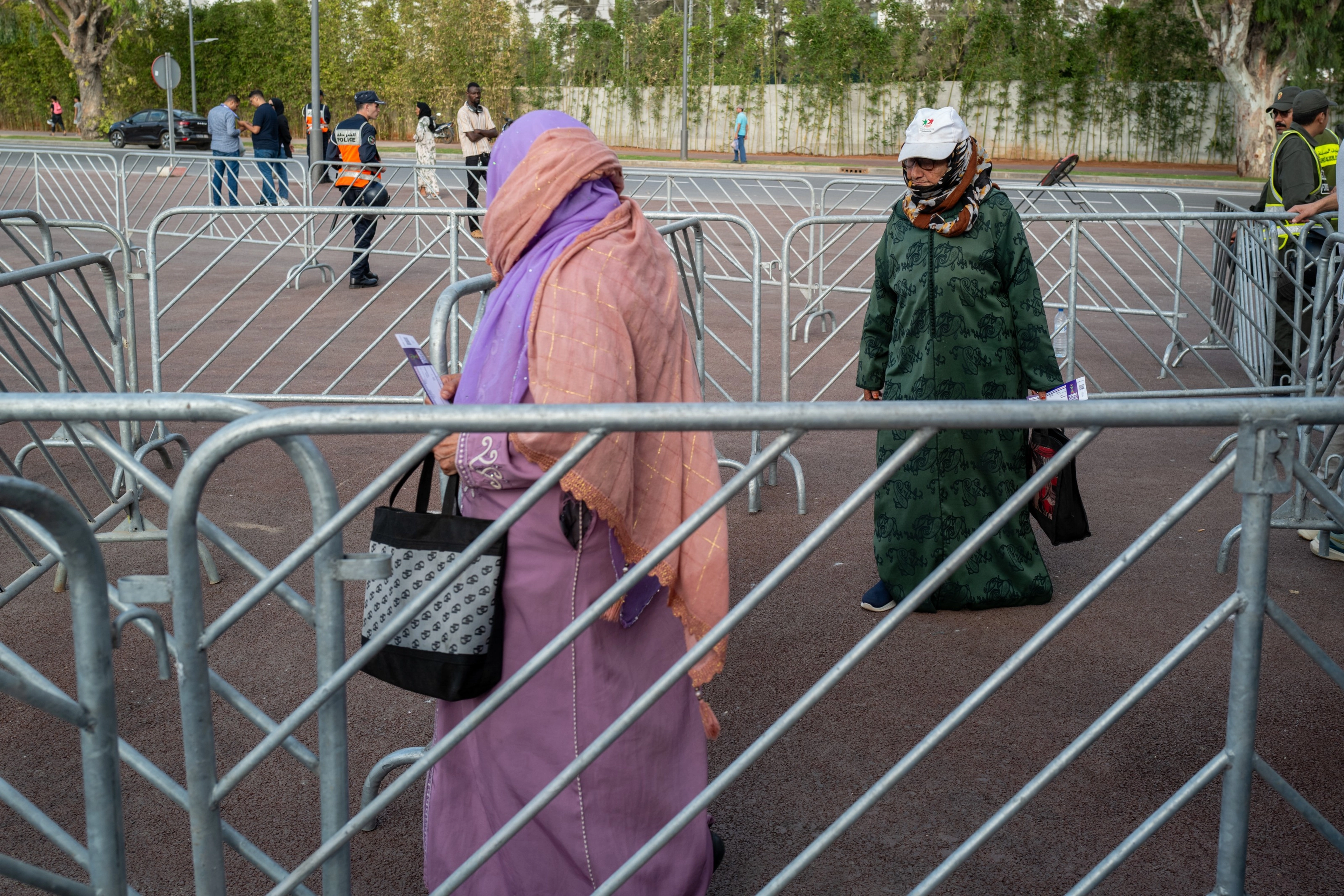
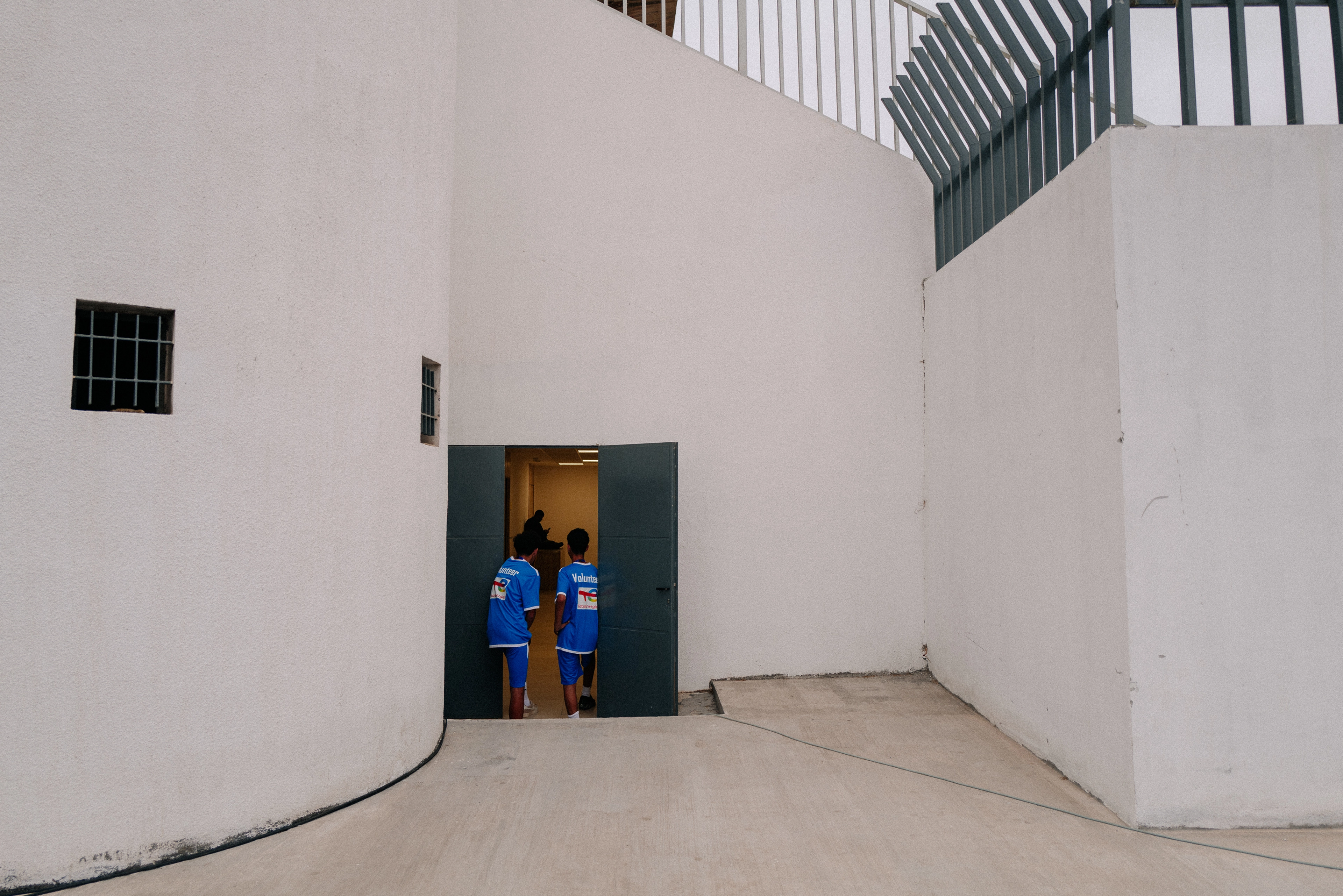
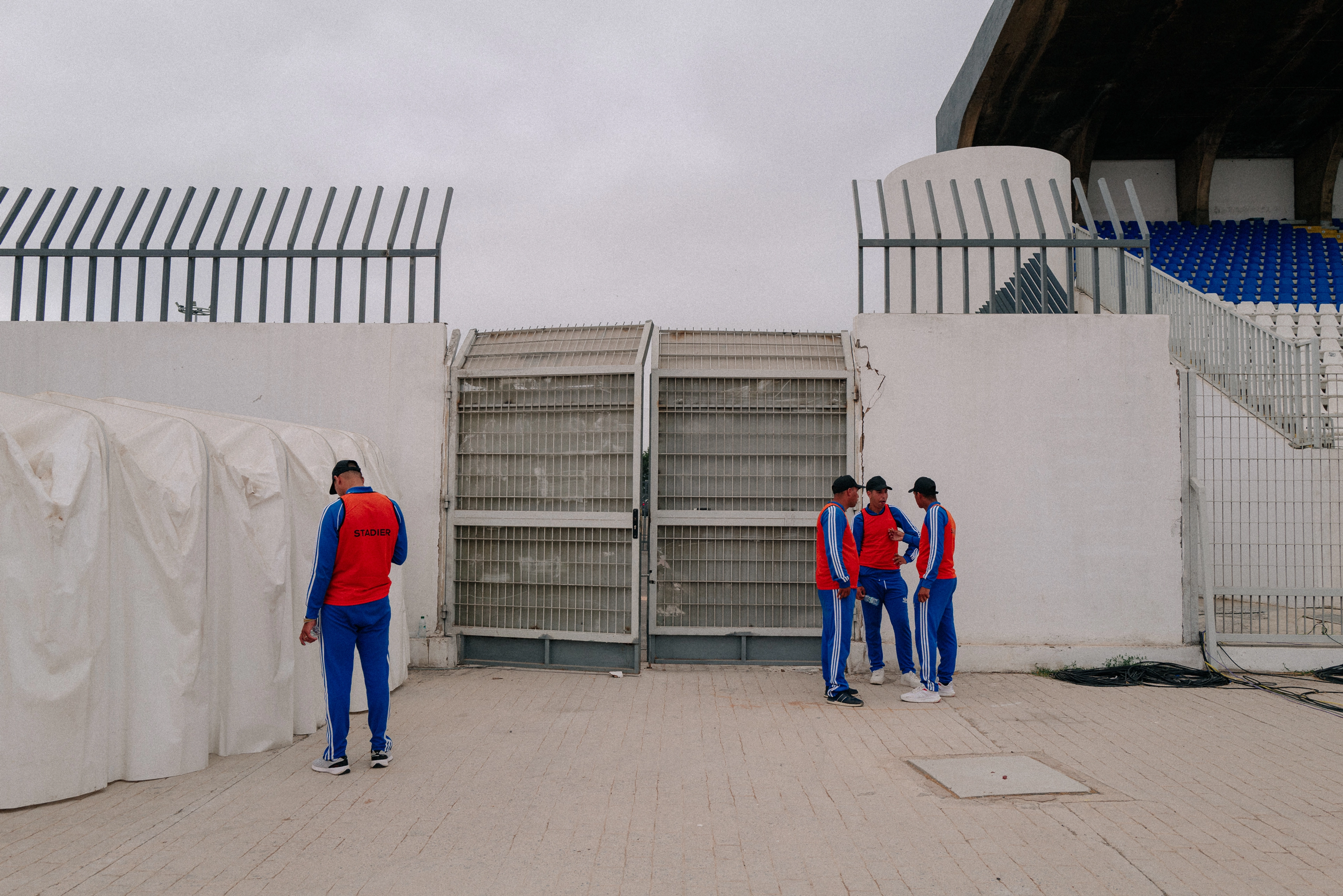
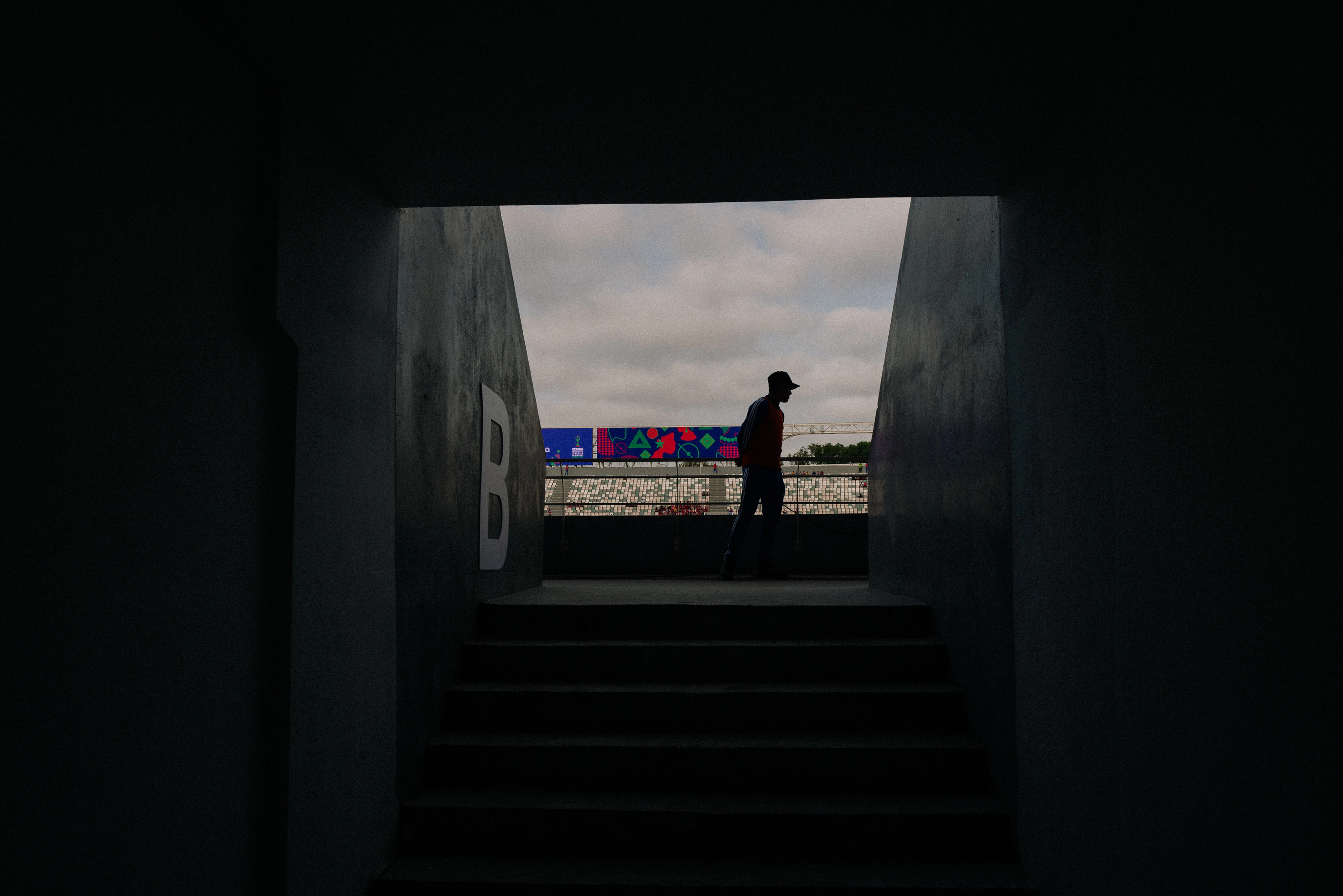
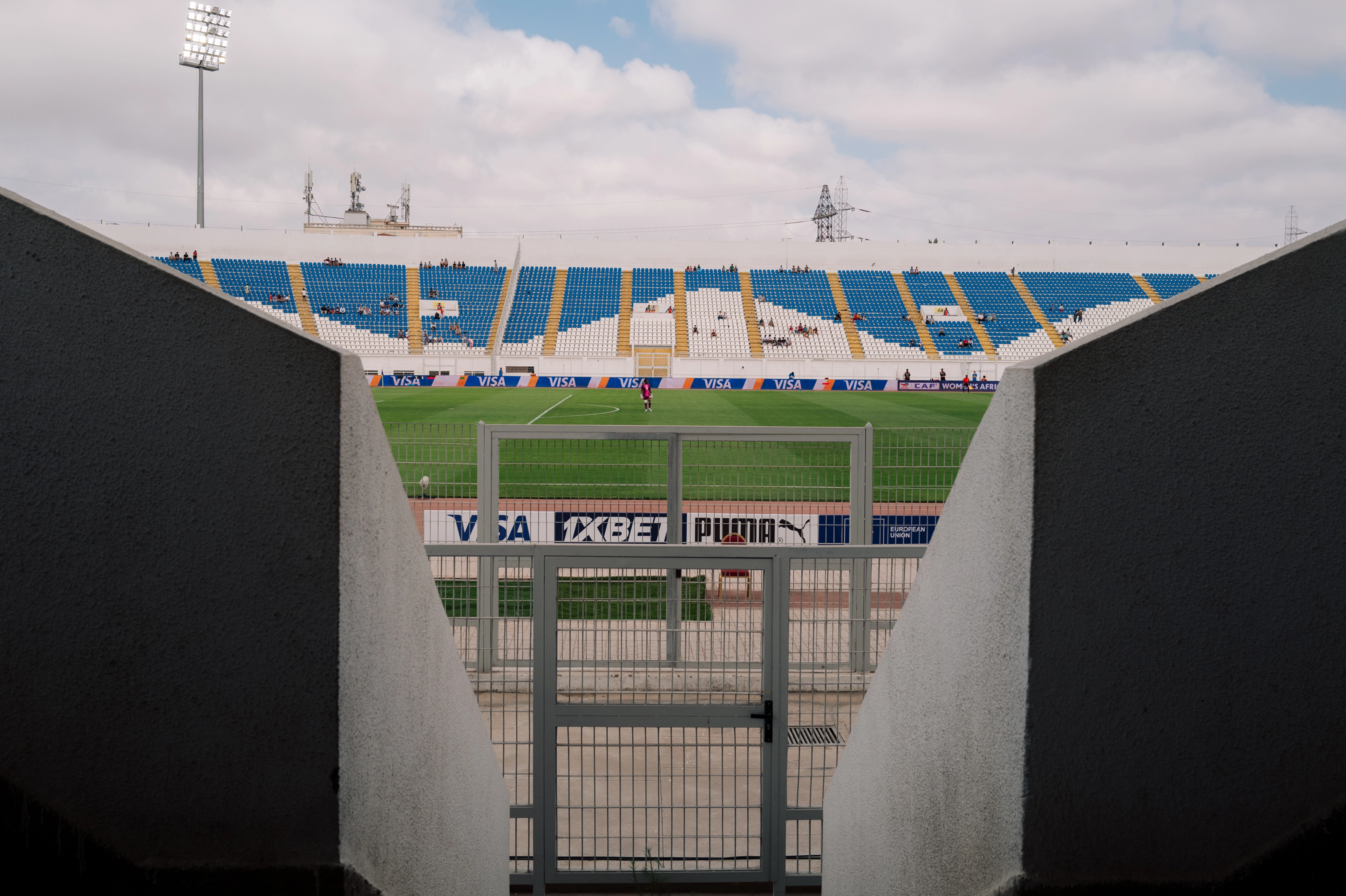
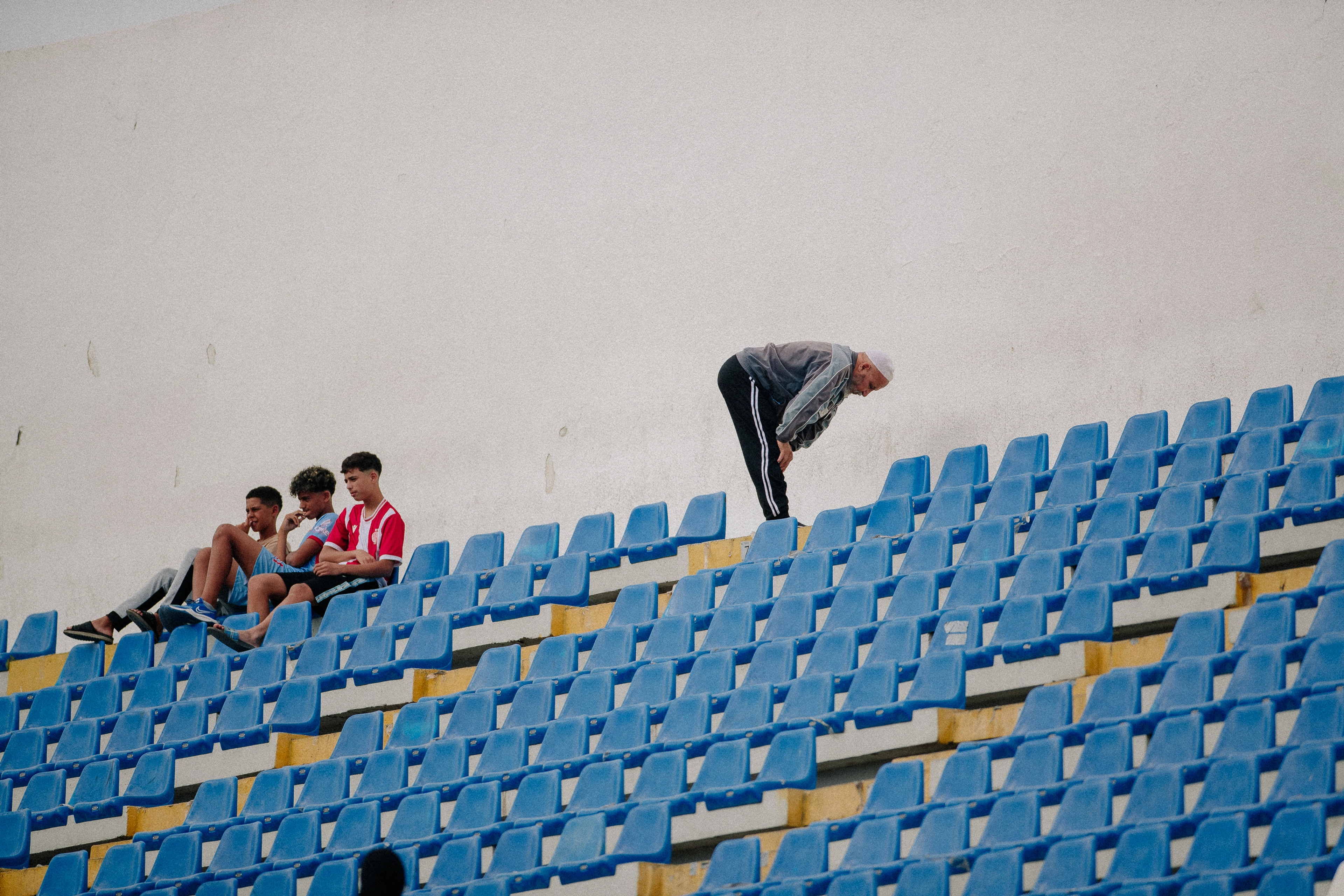
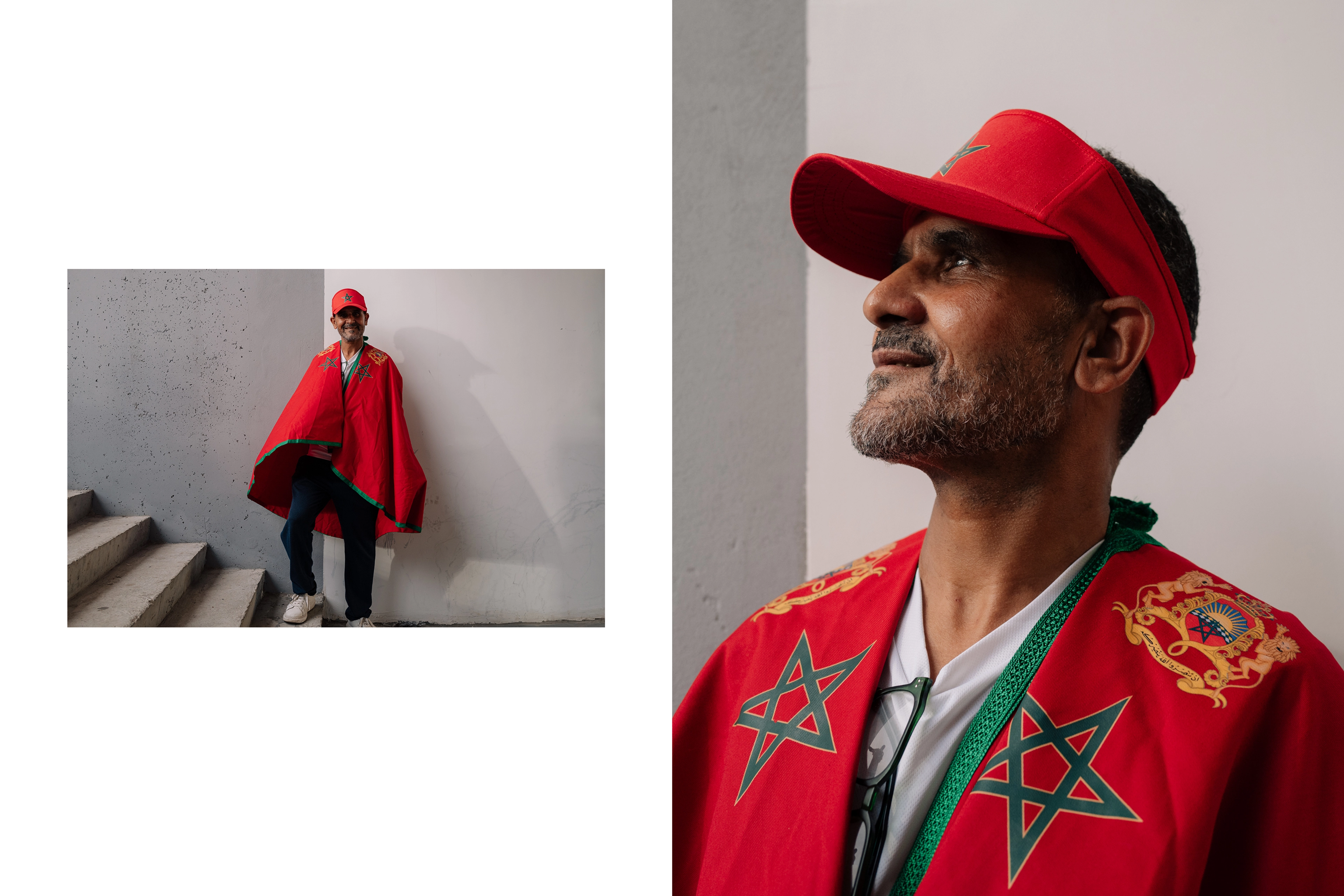
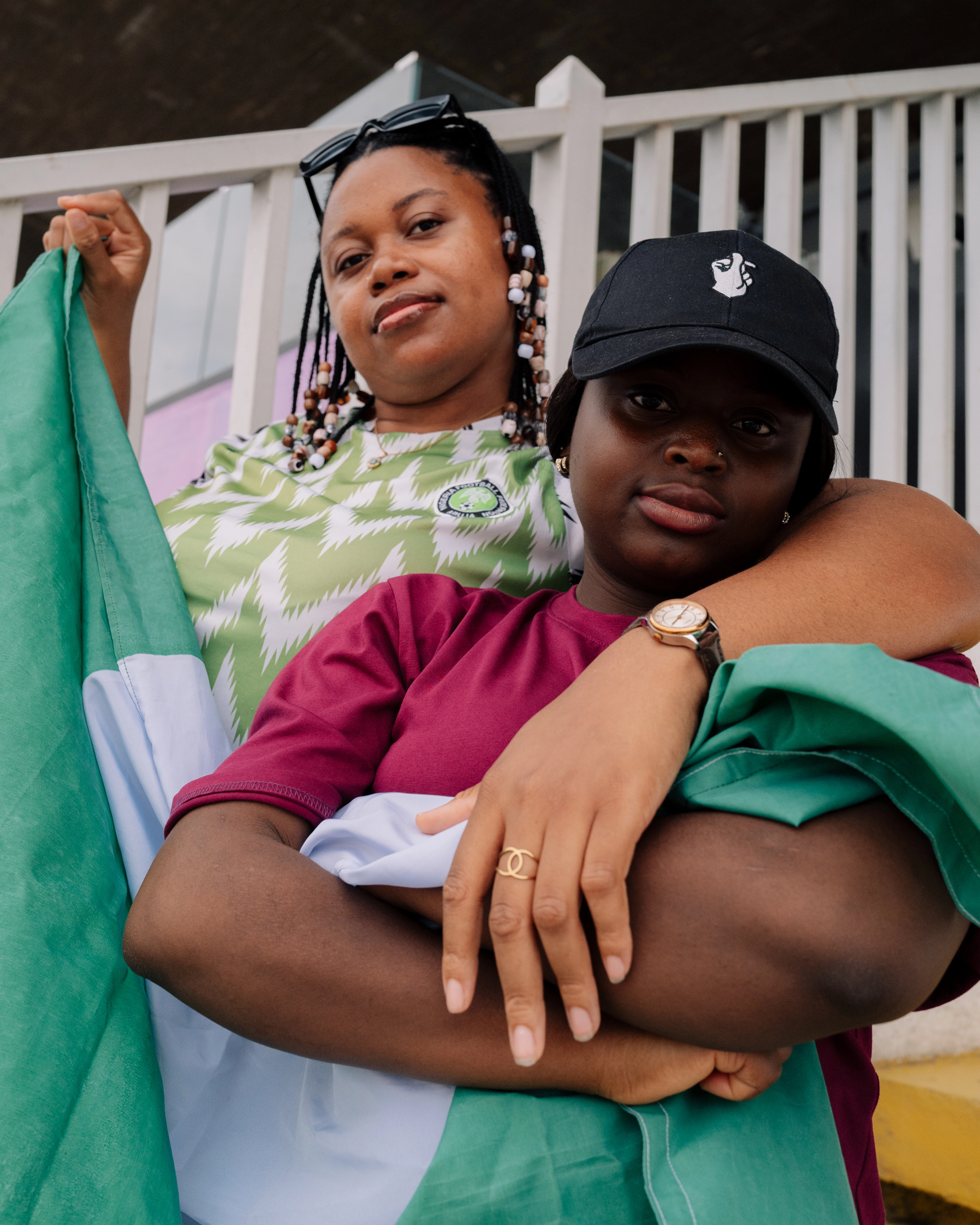
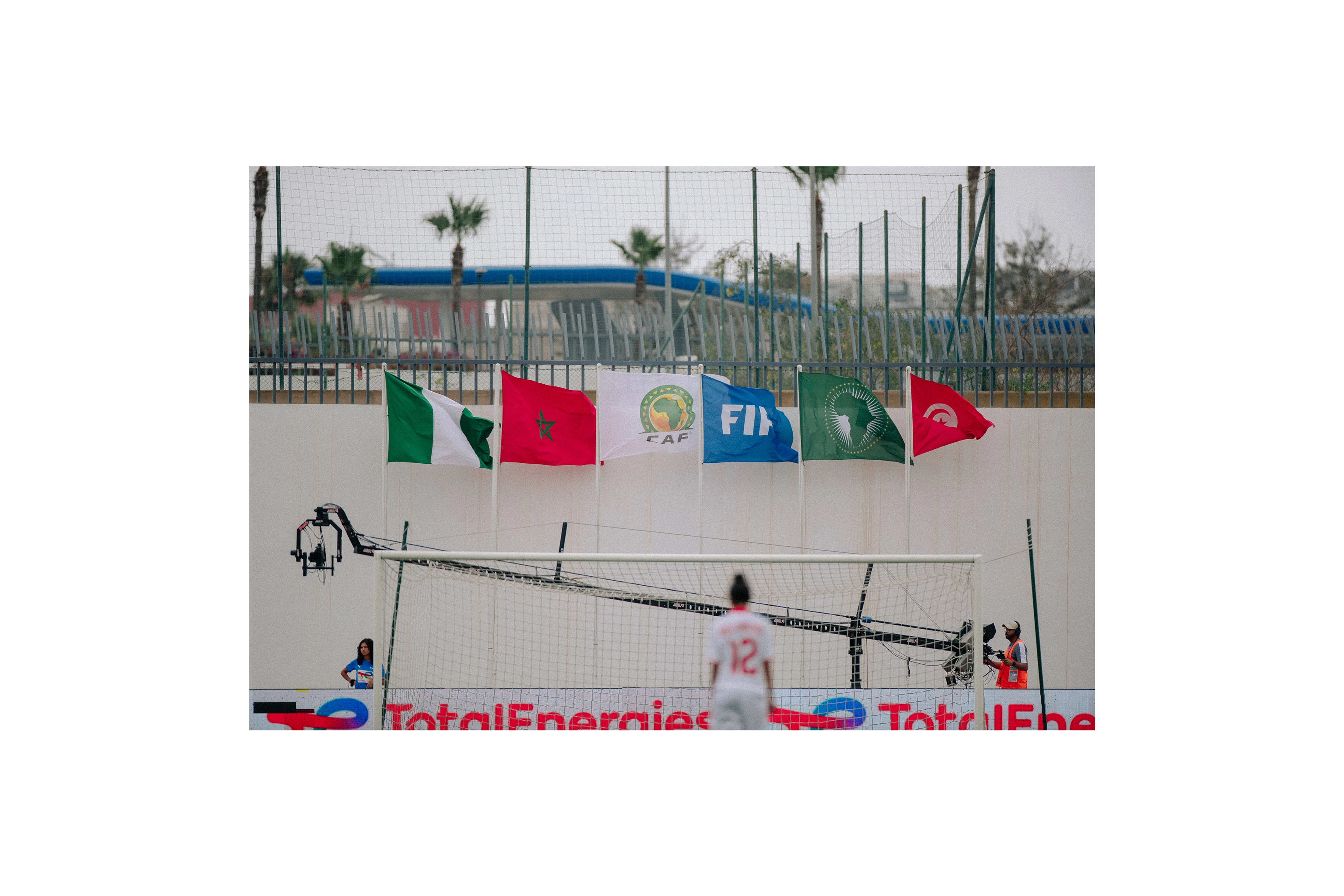
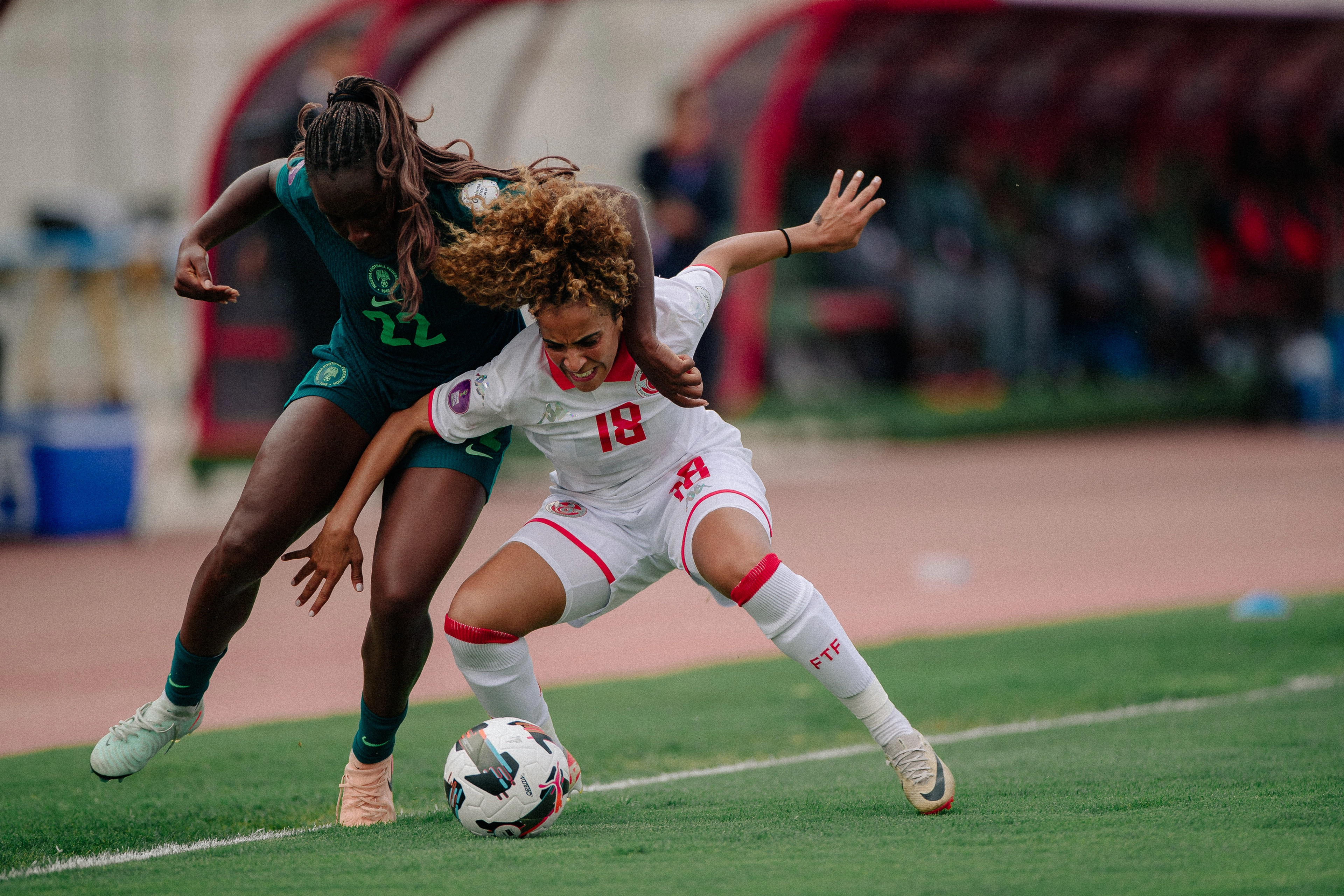
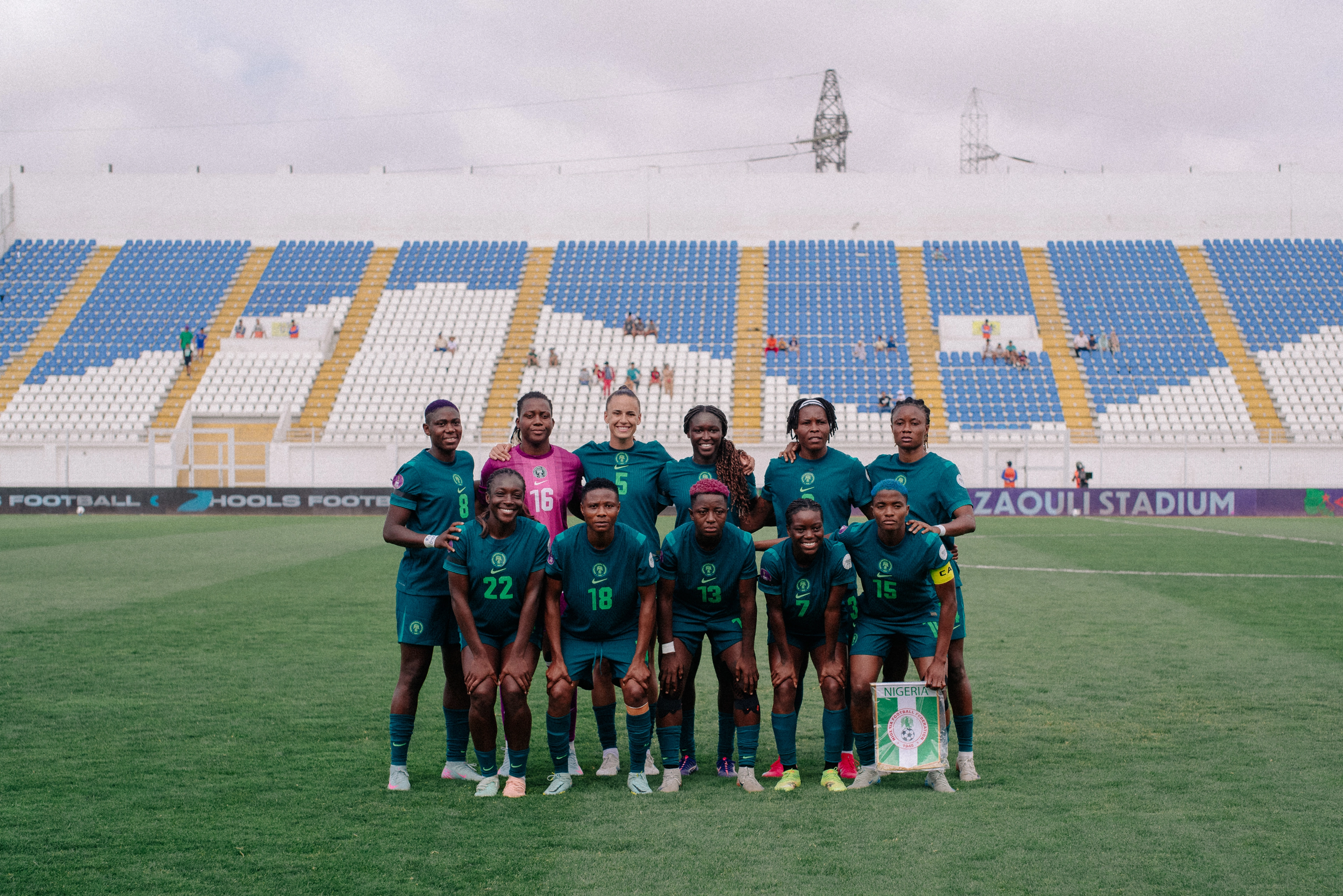
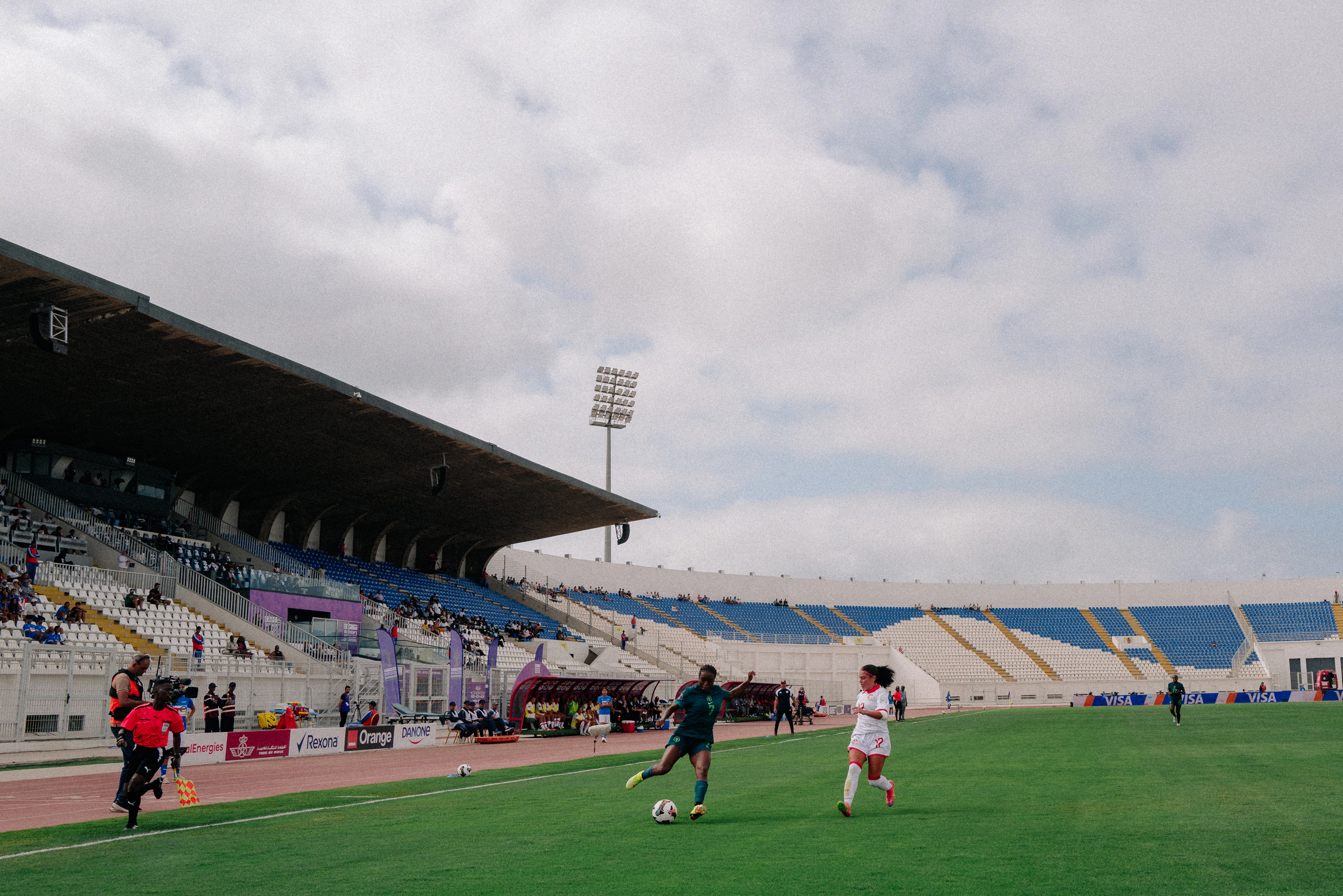
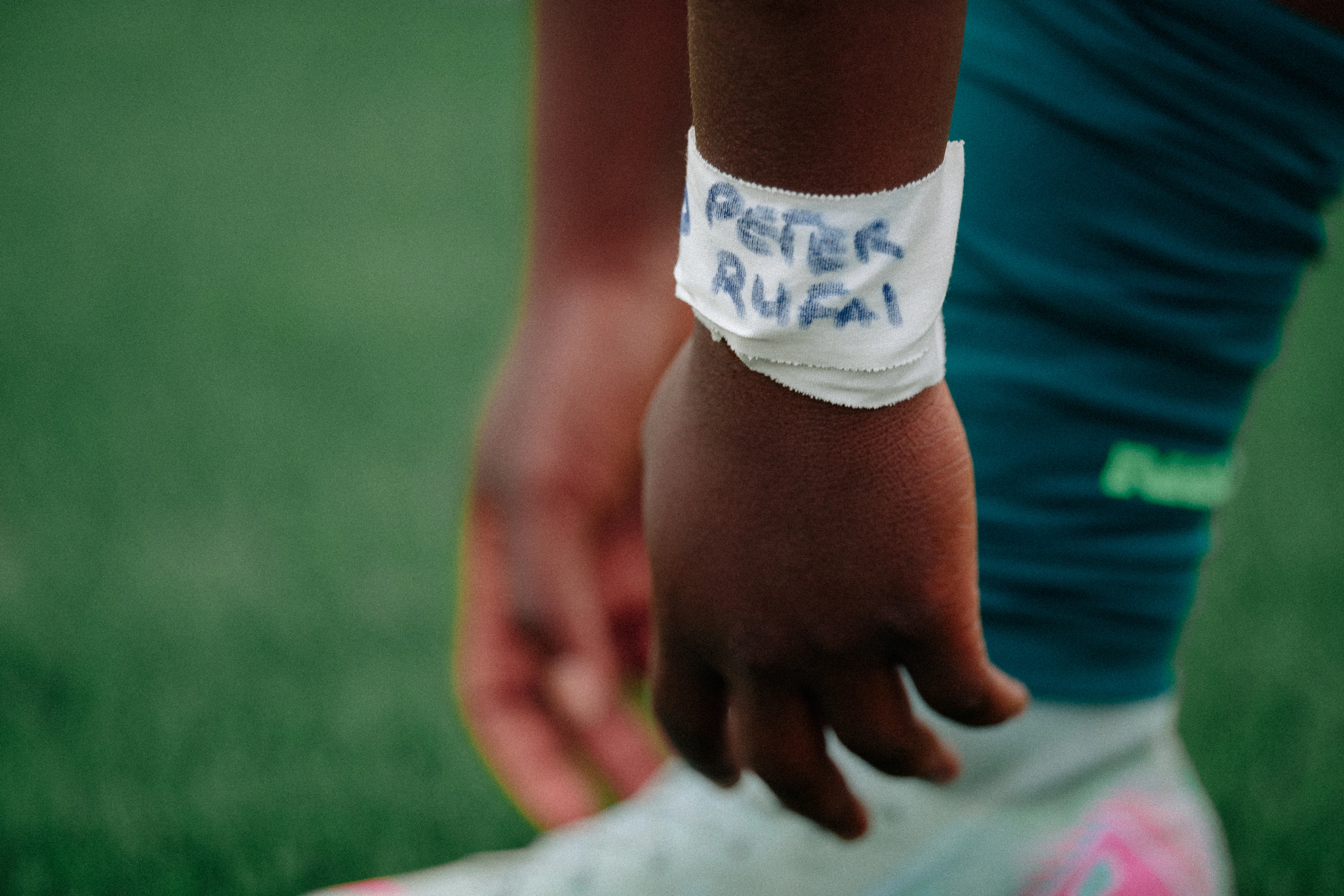
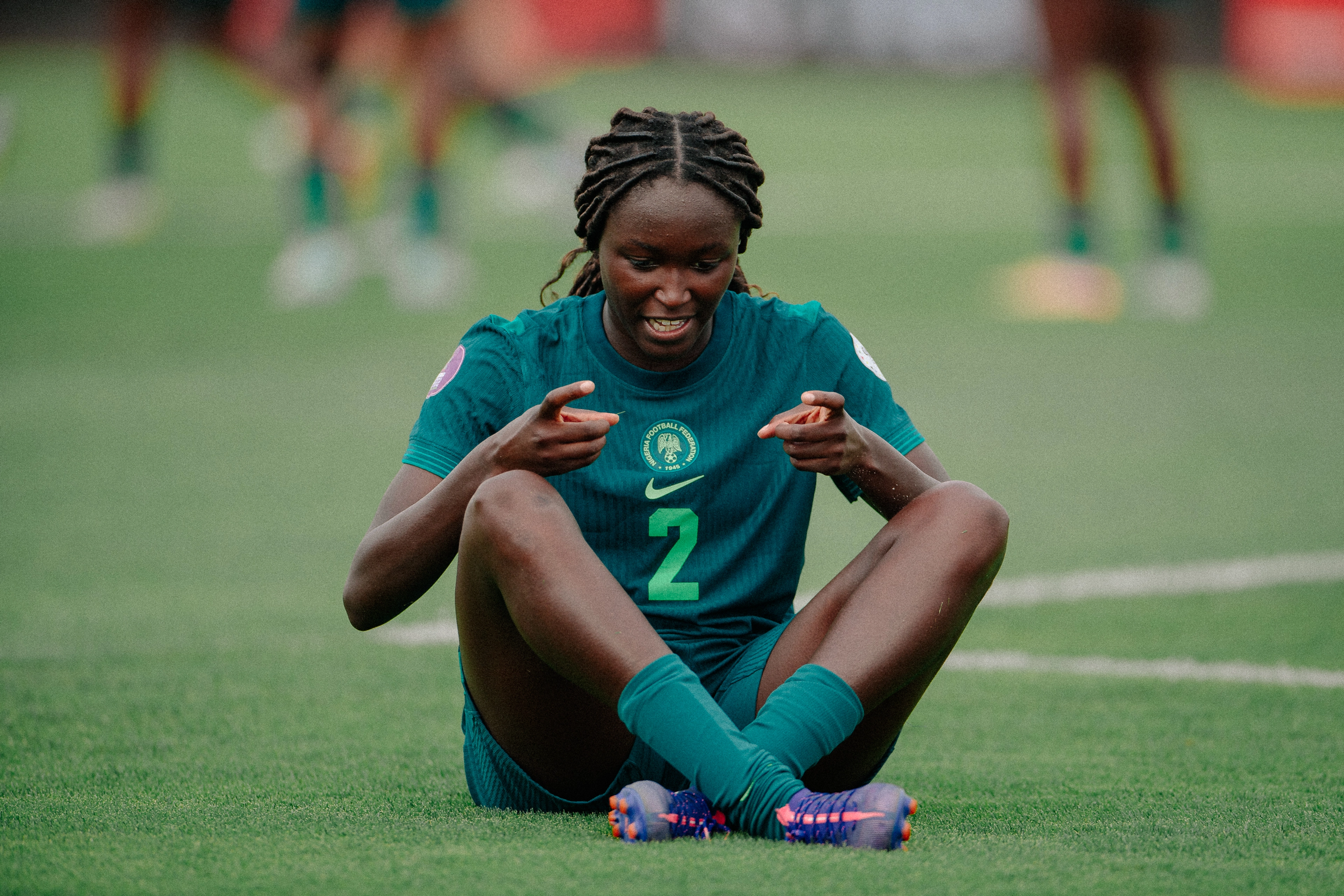
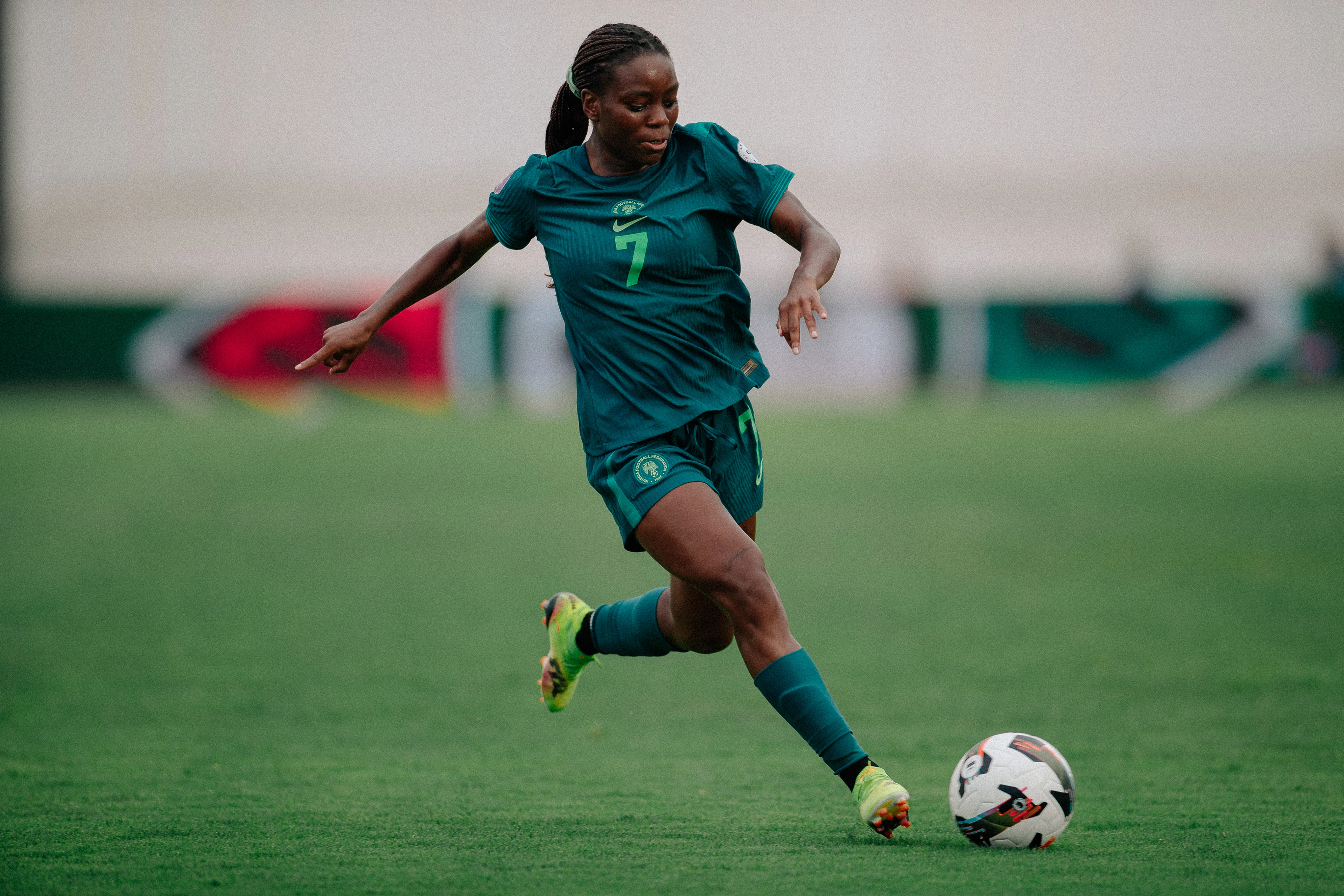
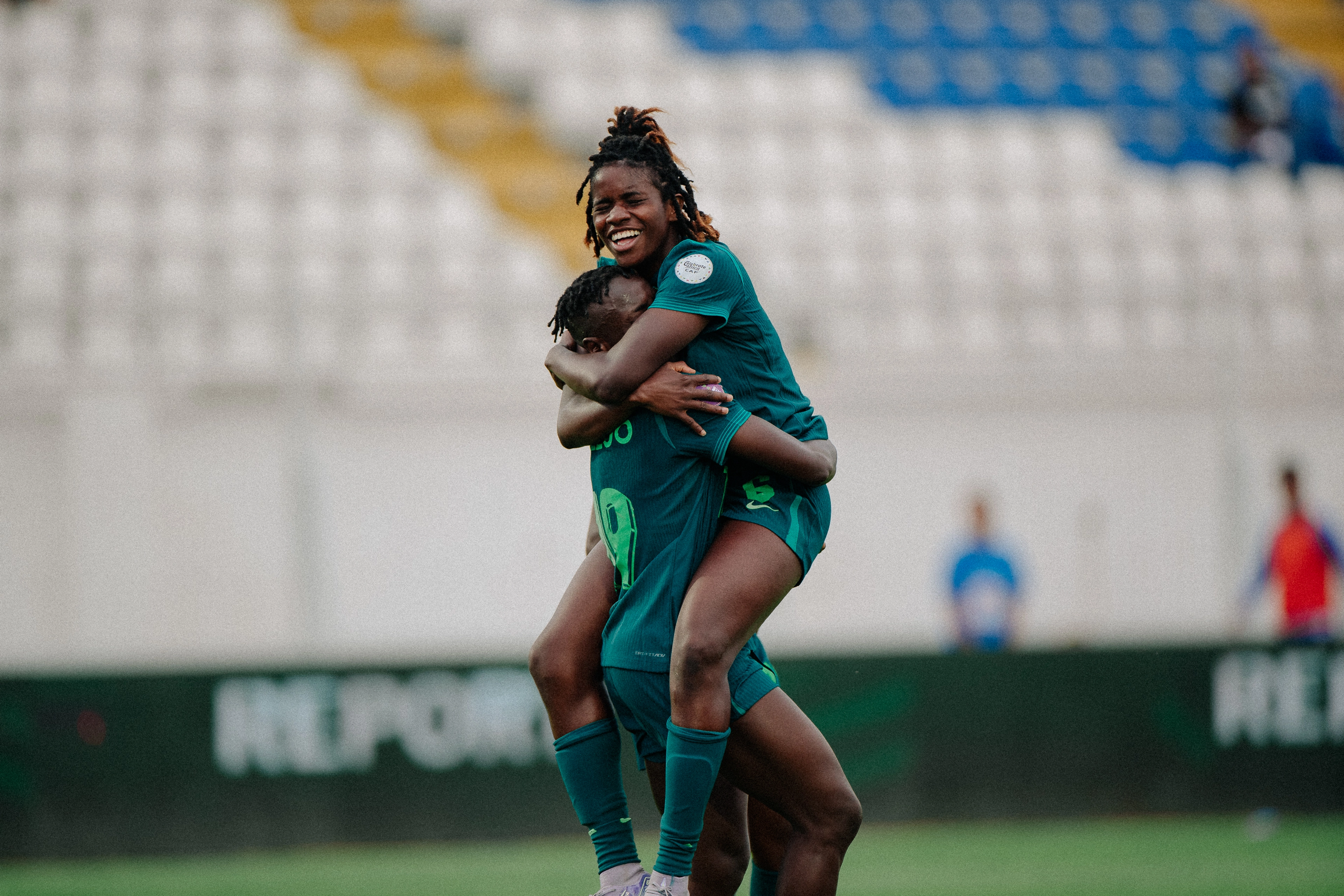
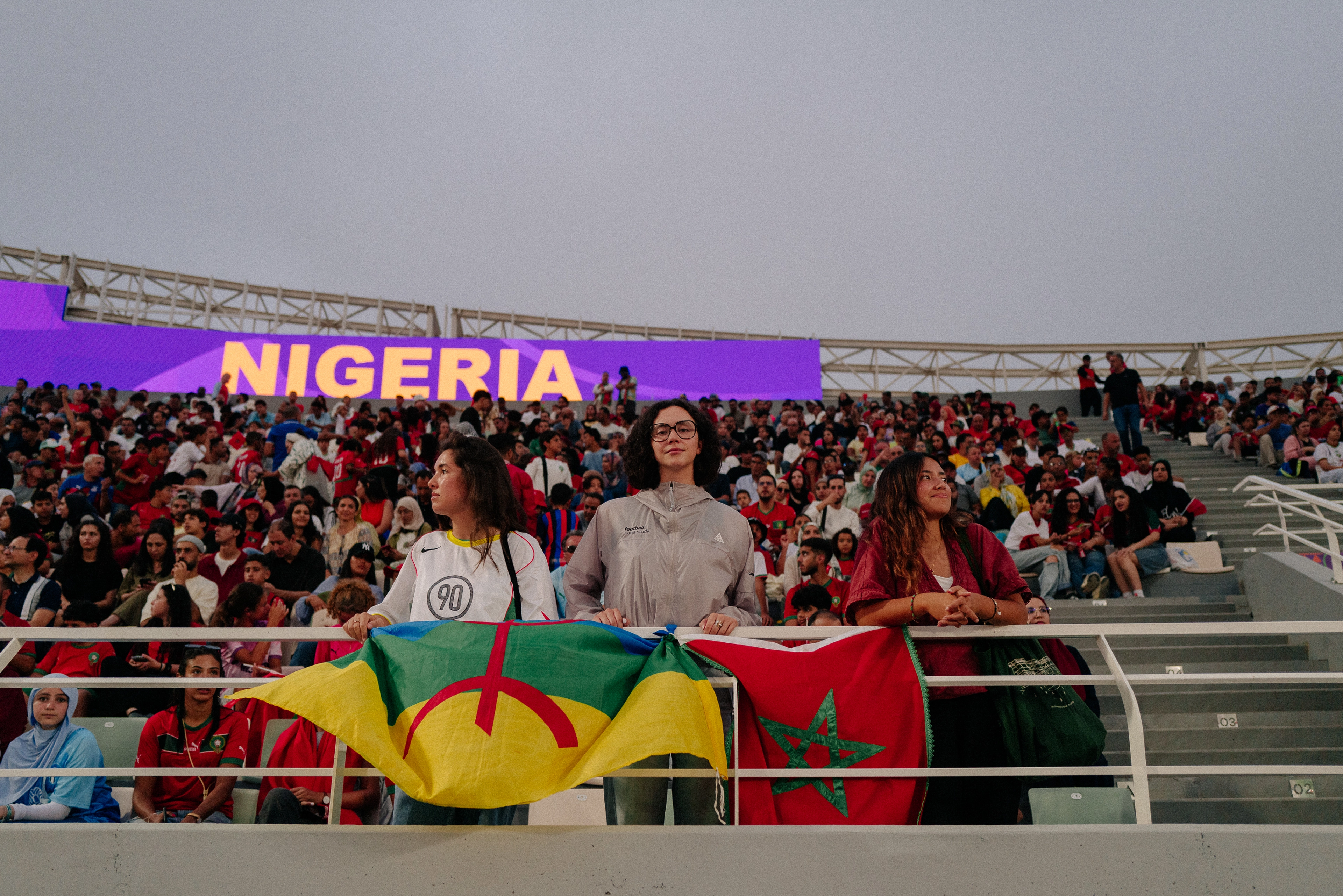
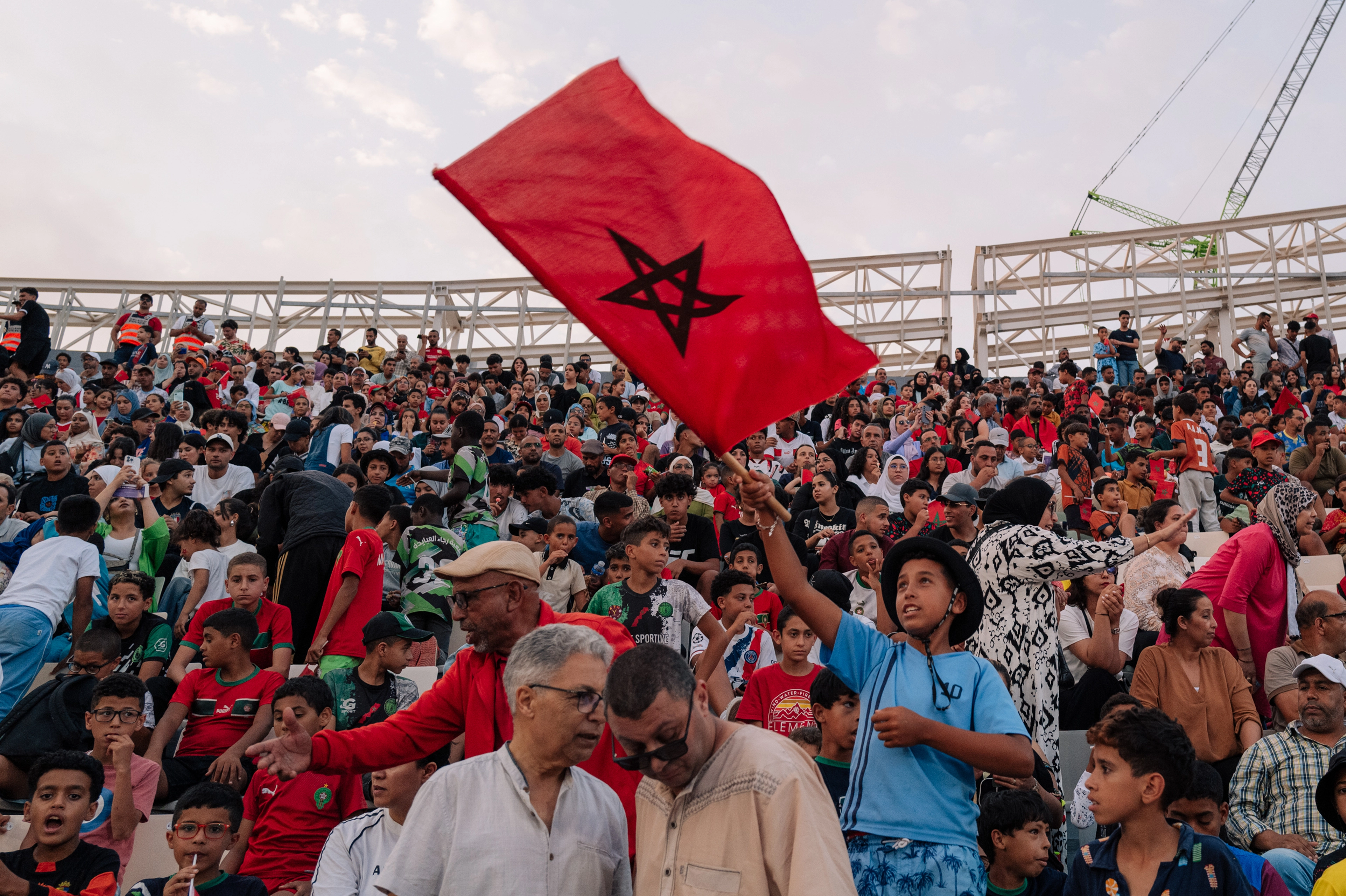
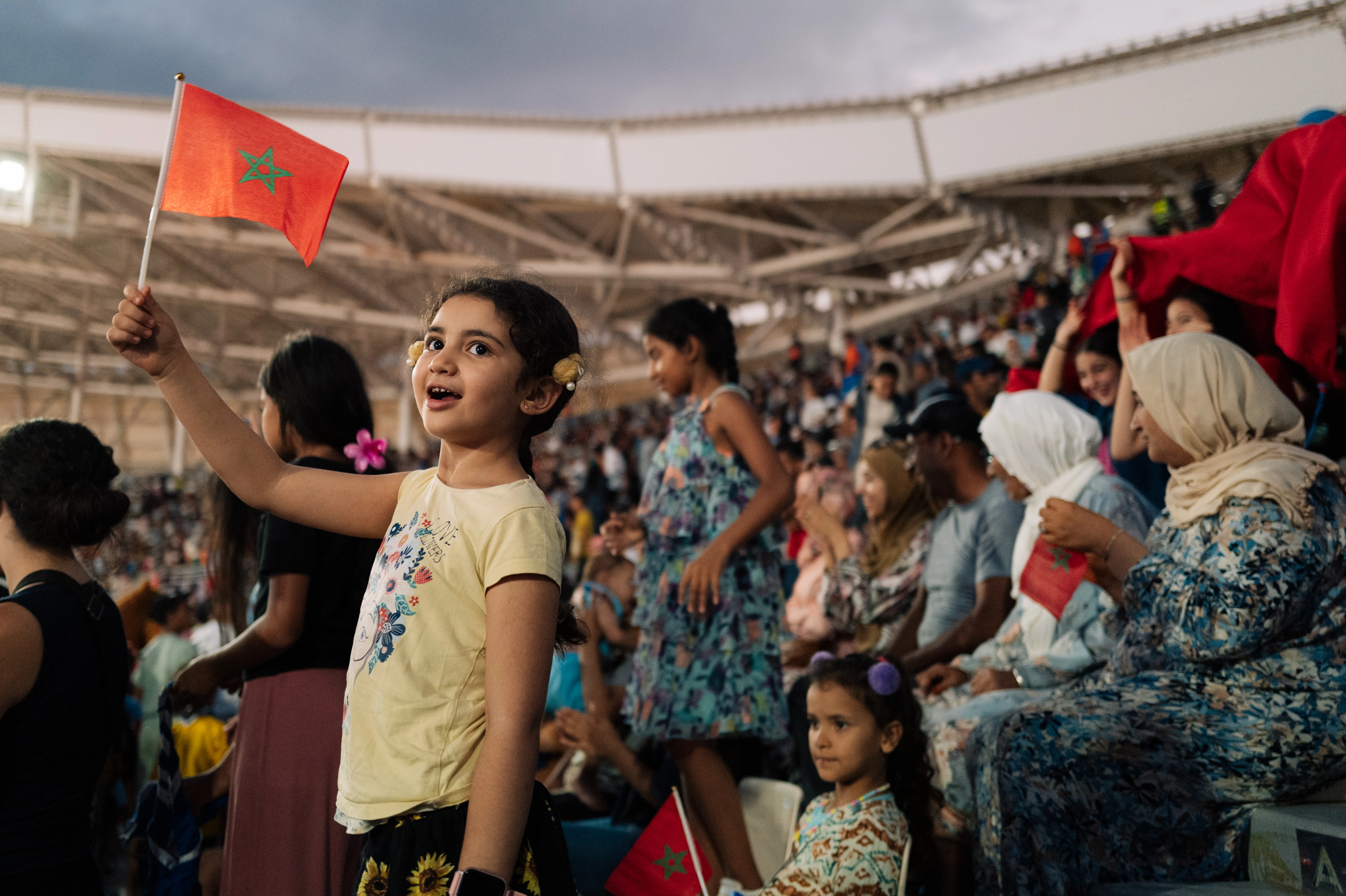
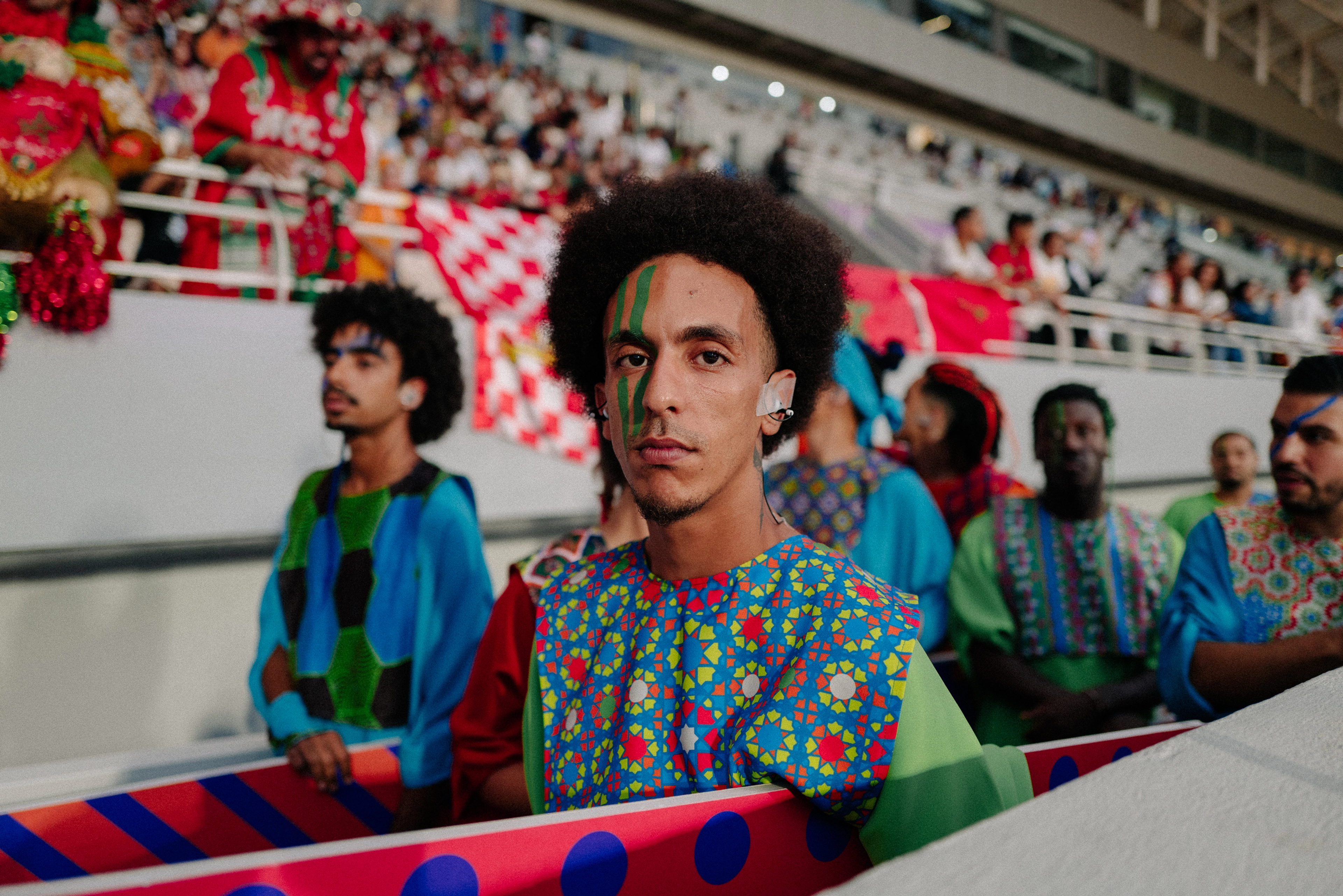
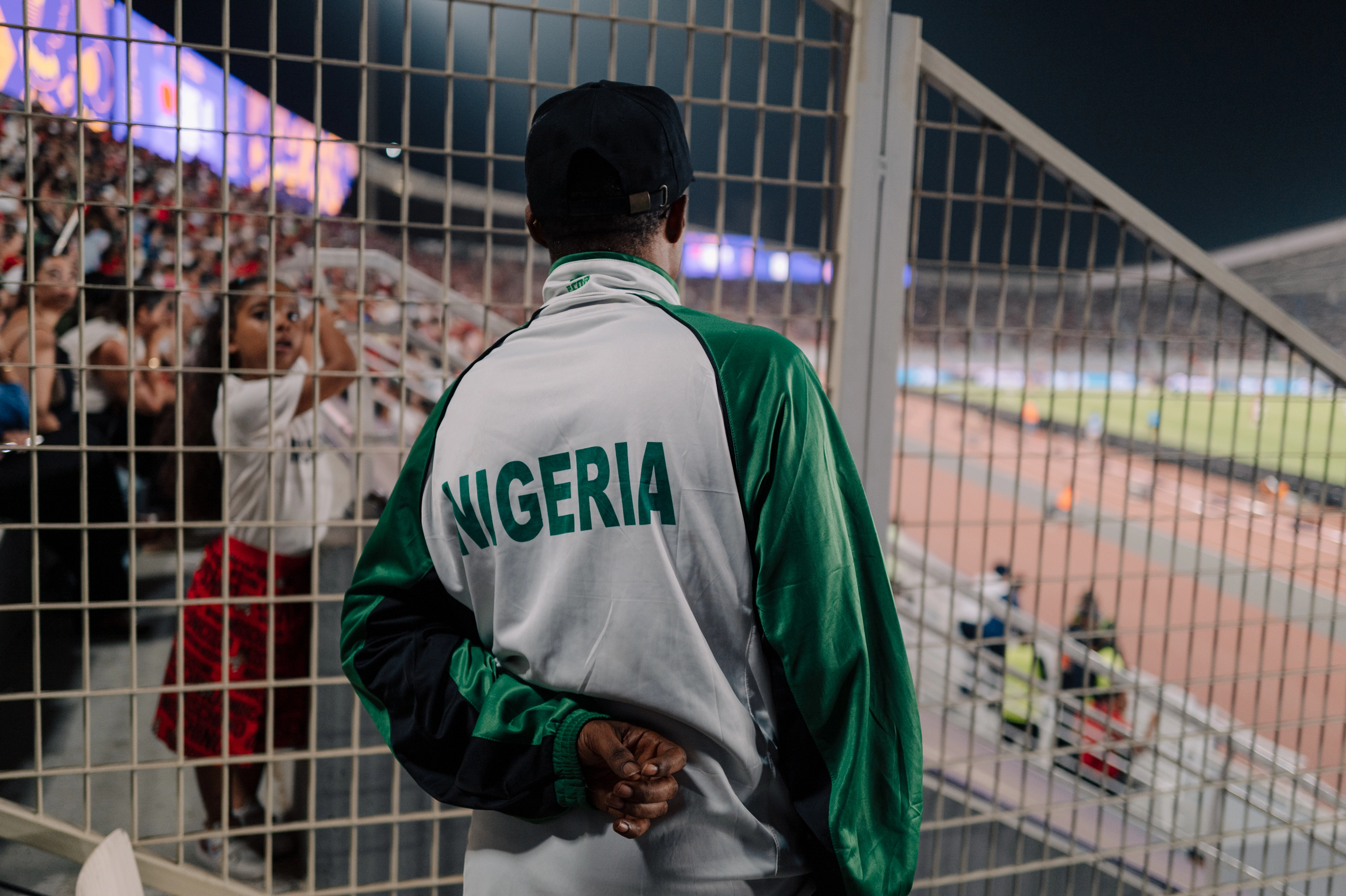
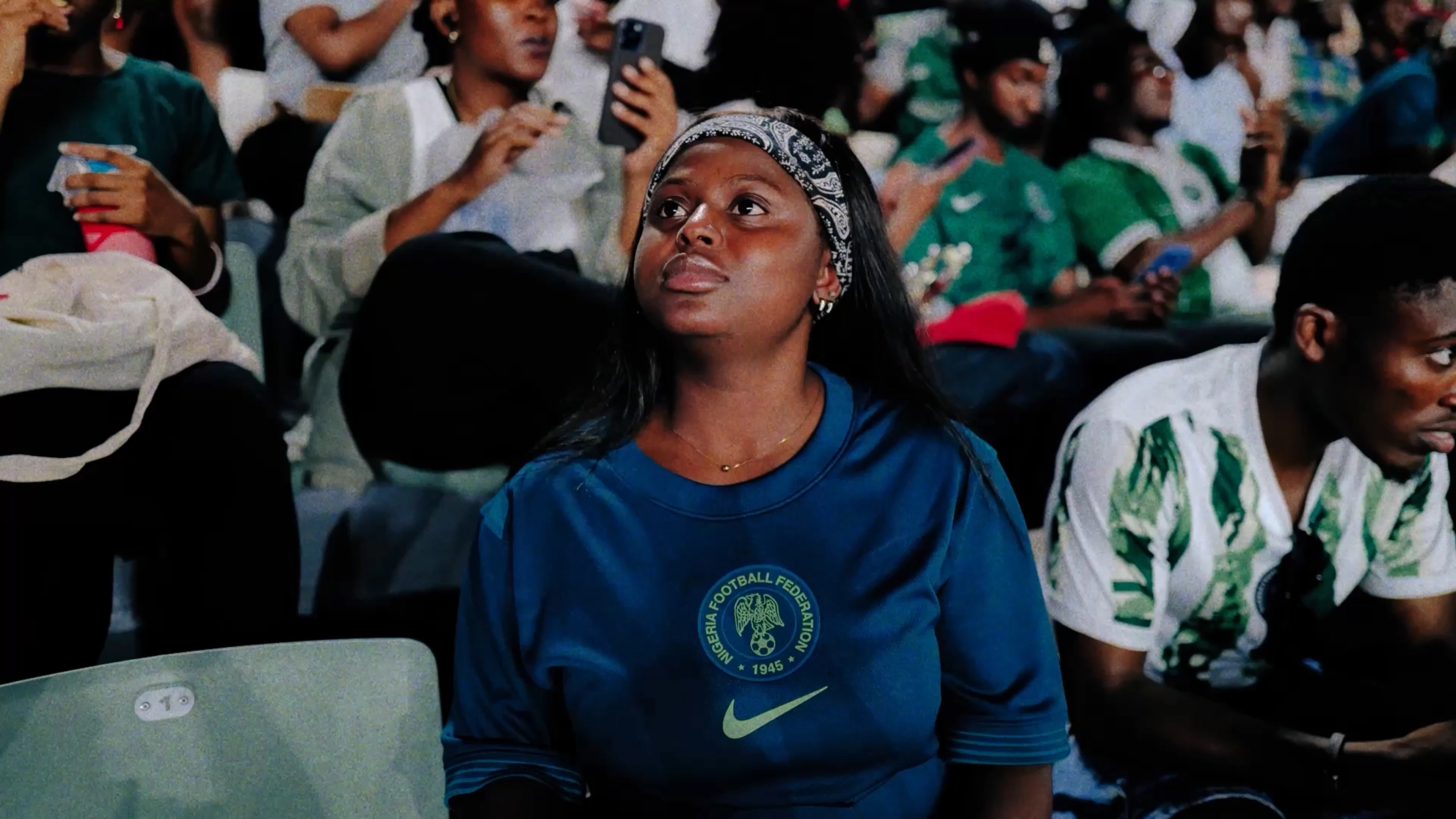
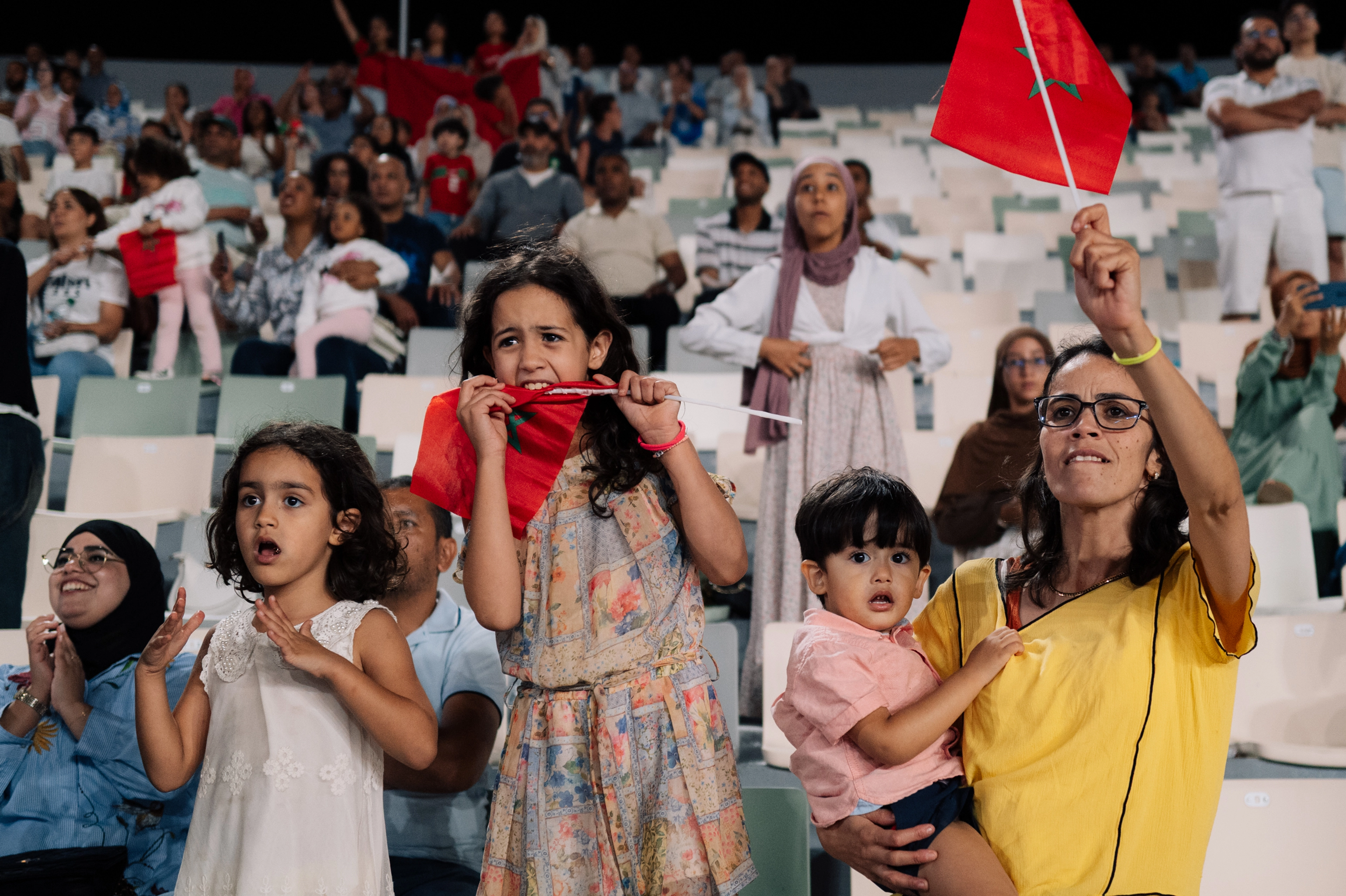
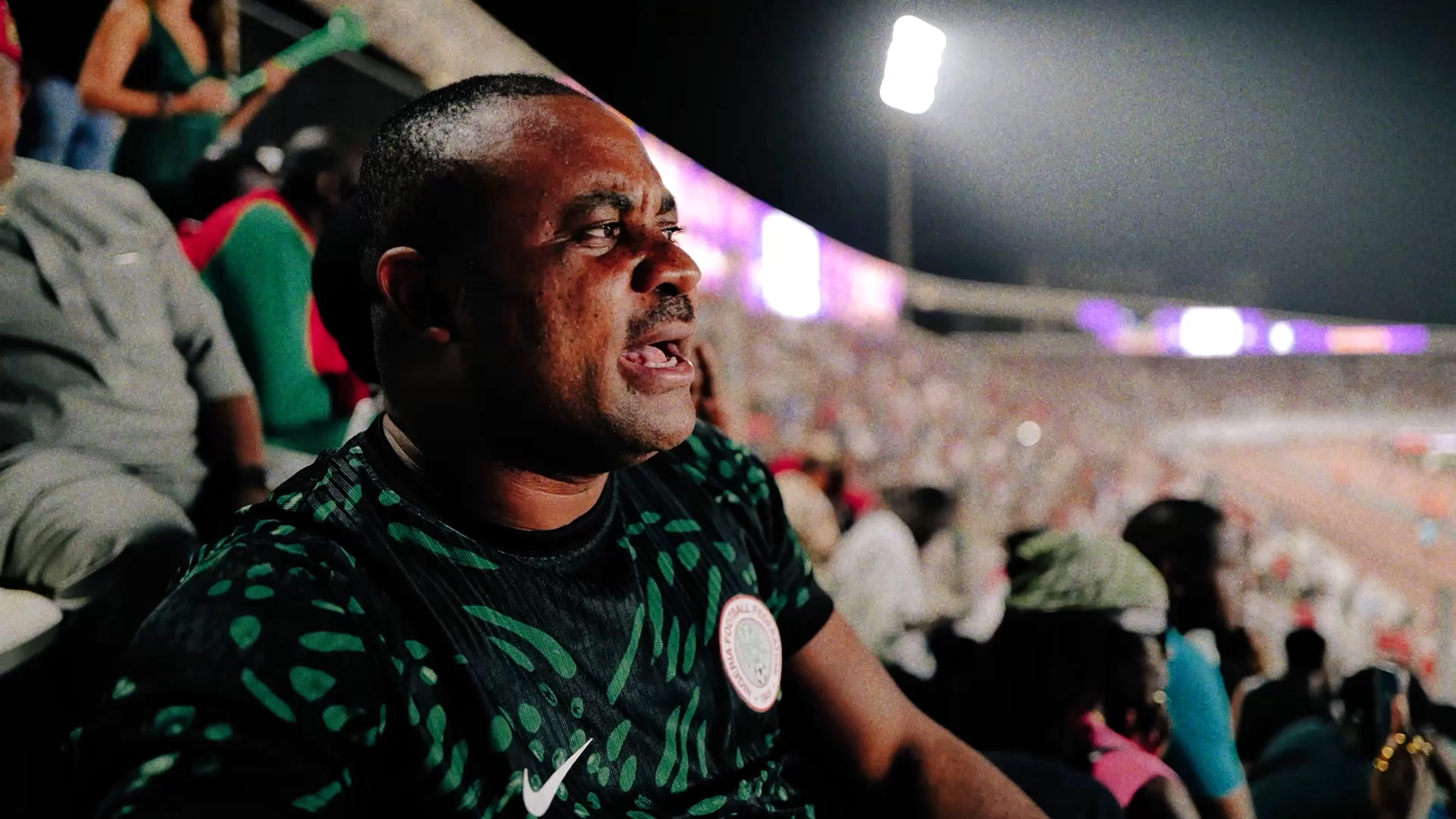
“An average Nigerian loves football. We live for football, we watch football, we invest in football. It takes a lot to take a four- or five-hour flight to be here and then fly home the next morning. I’m here solely for this match.”
Bryt, a Super Falcons fan from Abuja, Nigeria
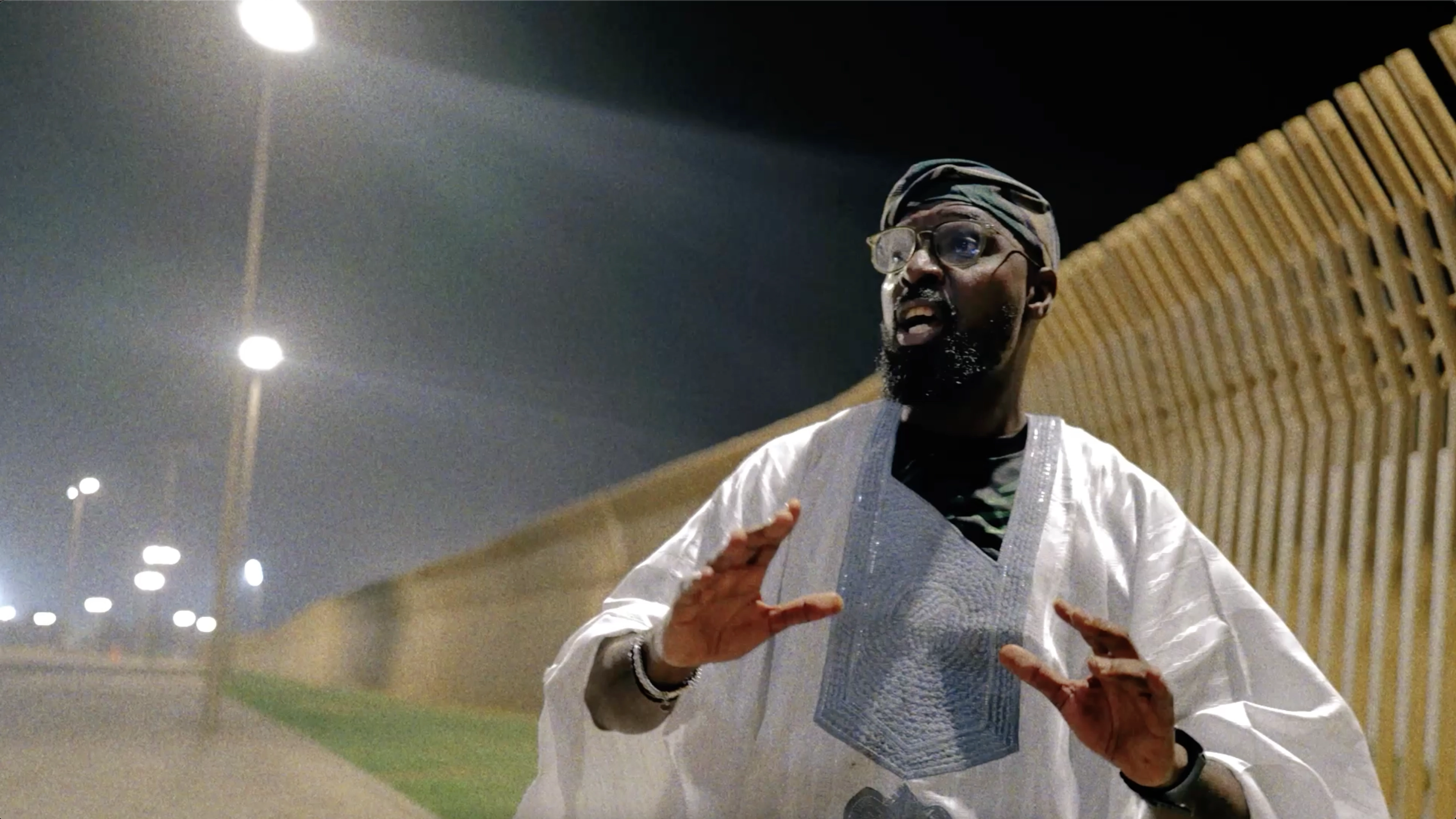
“What this is going to do for a lot of young girls — it's going to transform football."
Igho, fan from Delta, Nigeria

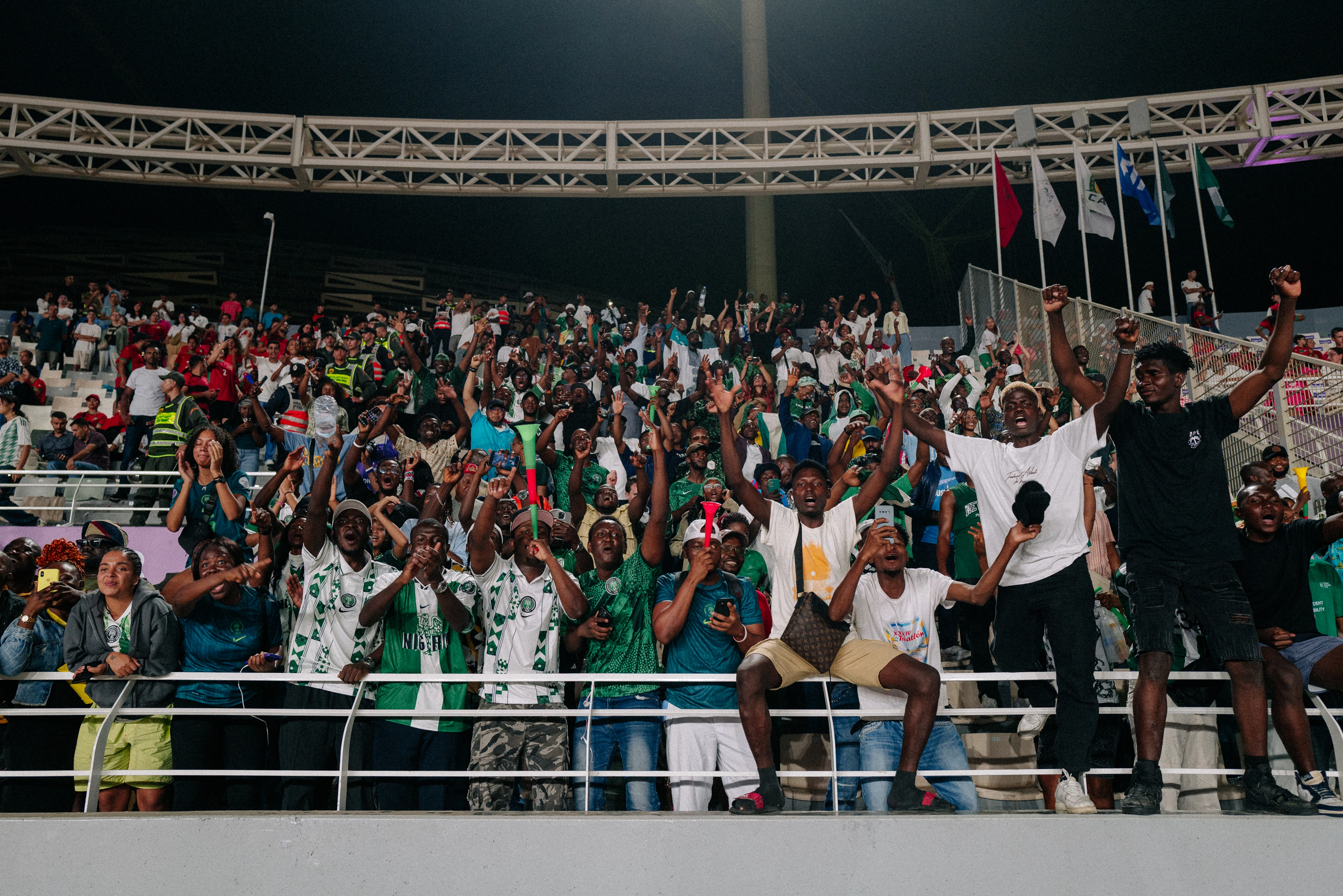
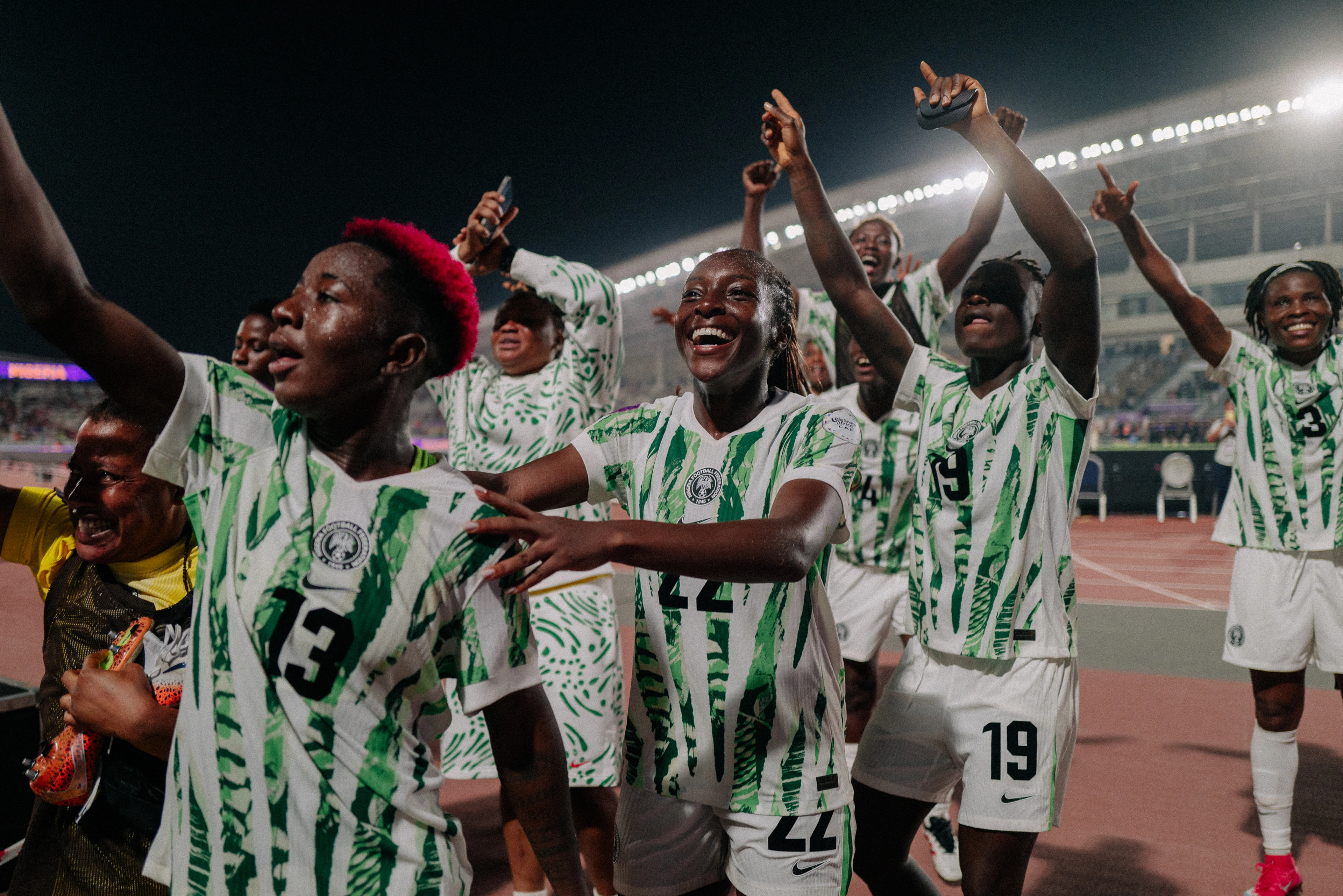
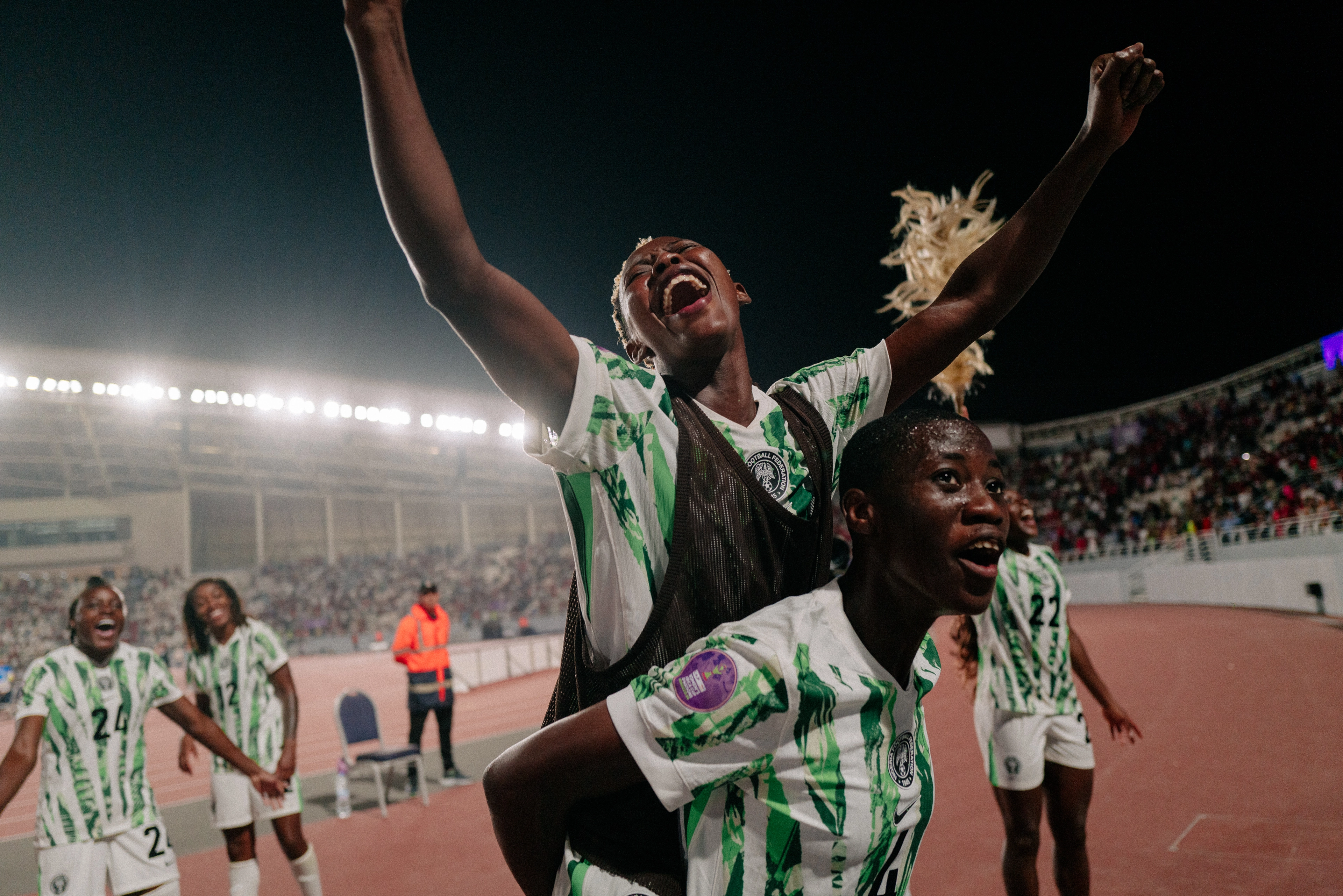
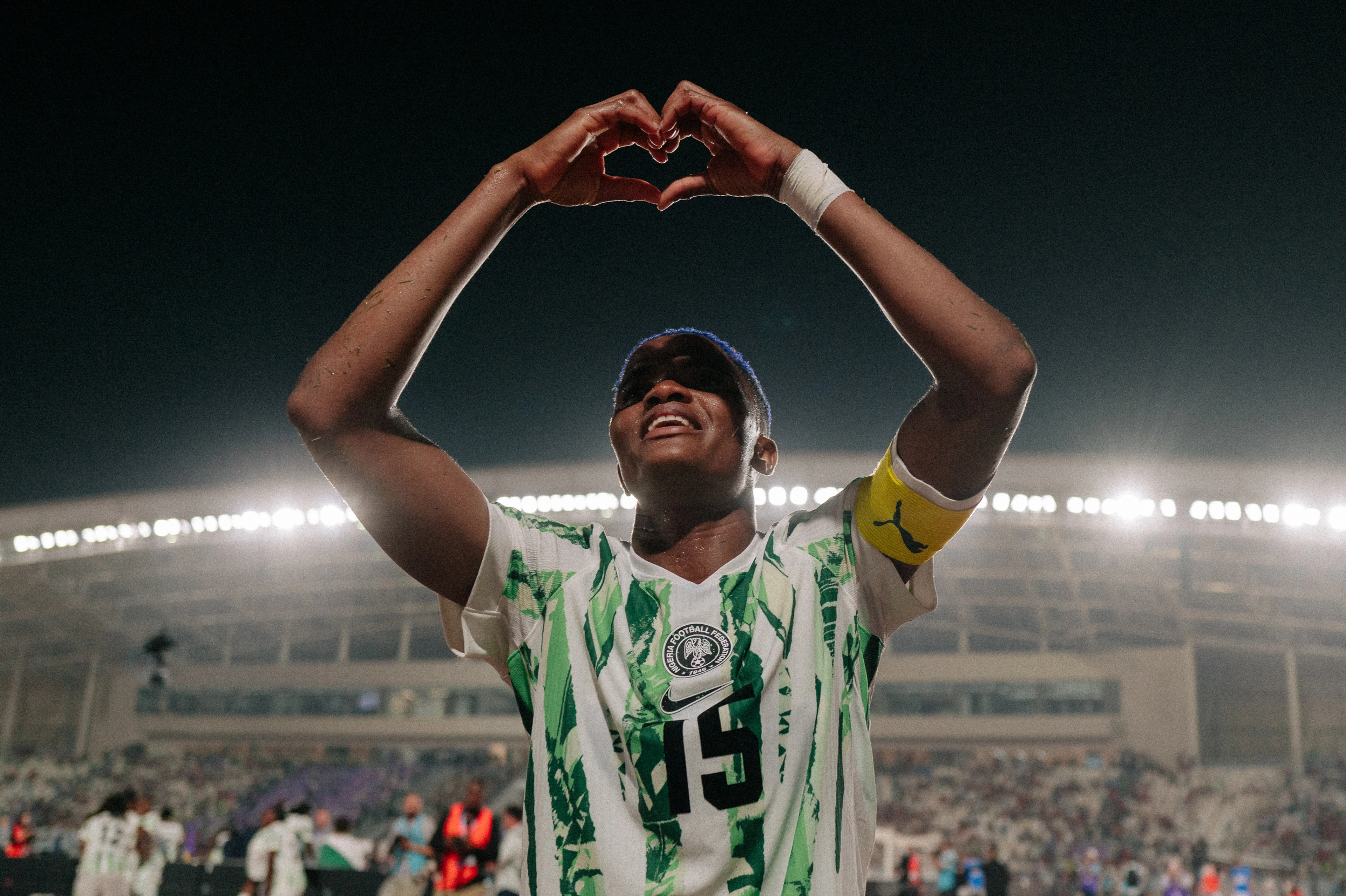
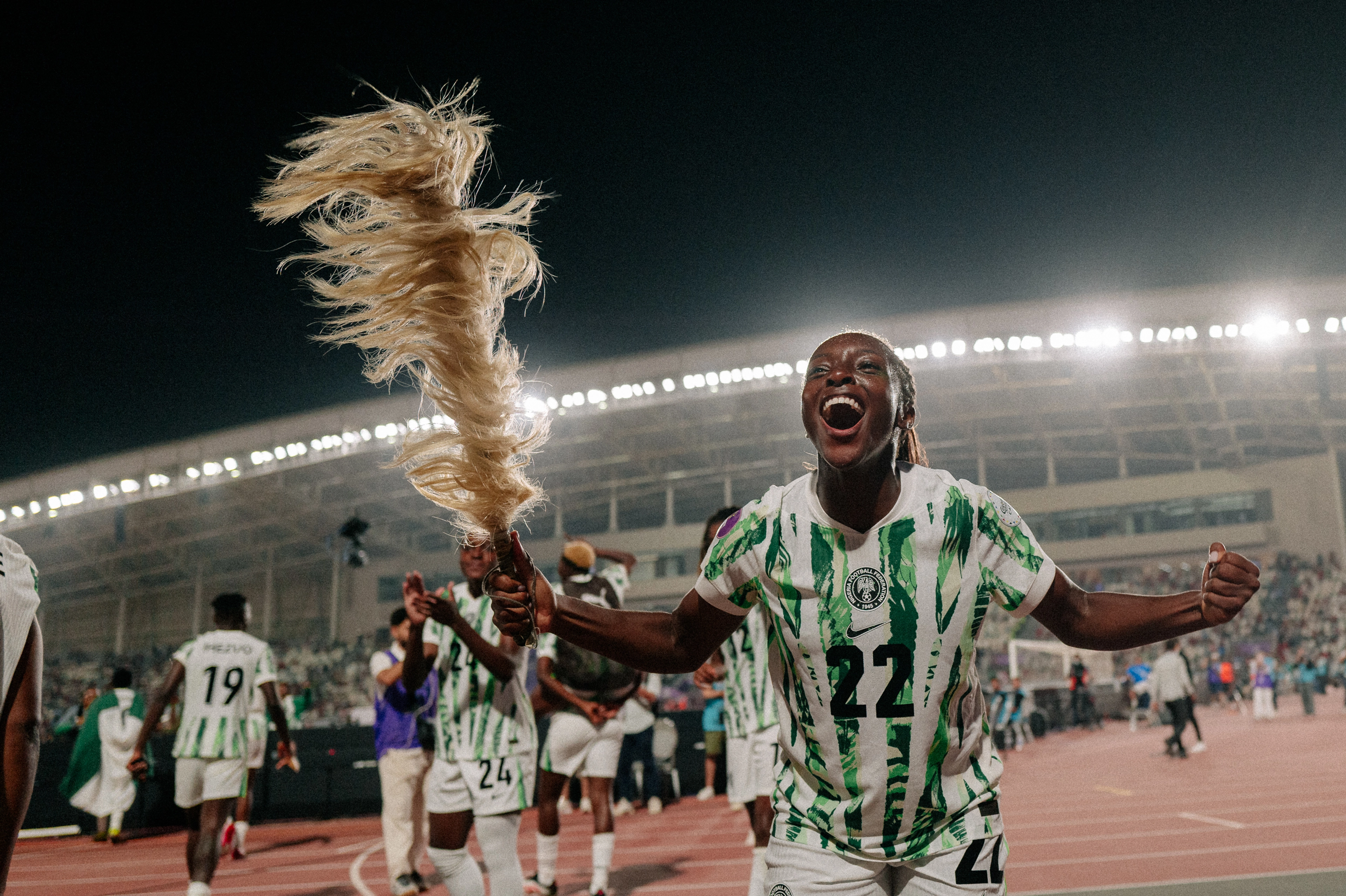
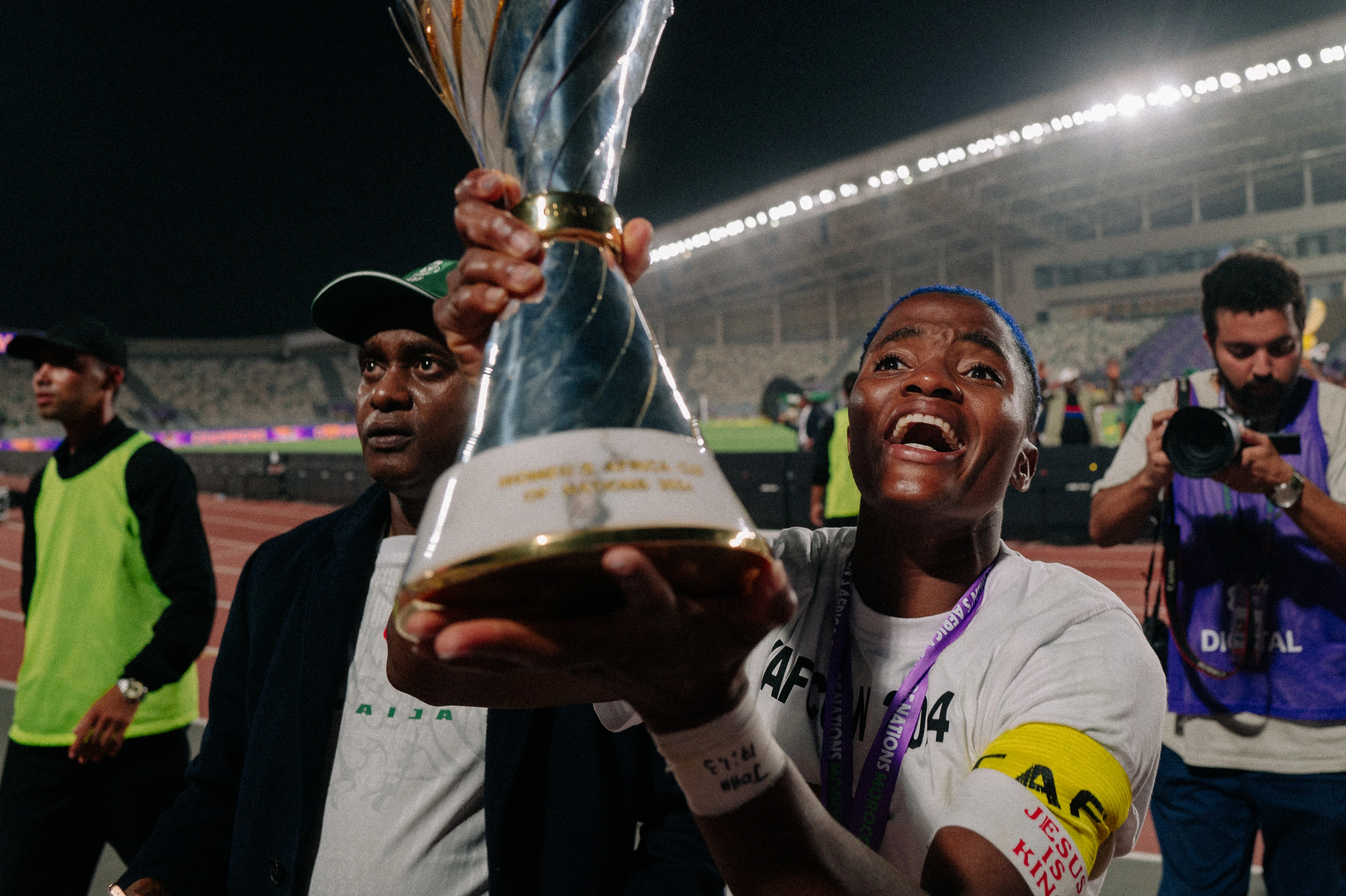
Thanks to the Football Case Study team: Matthew David Stith, Jinane Ennasri, Fay Harvey, Andrea Vílchez
